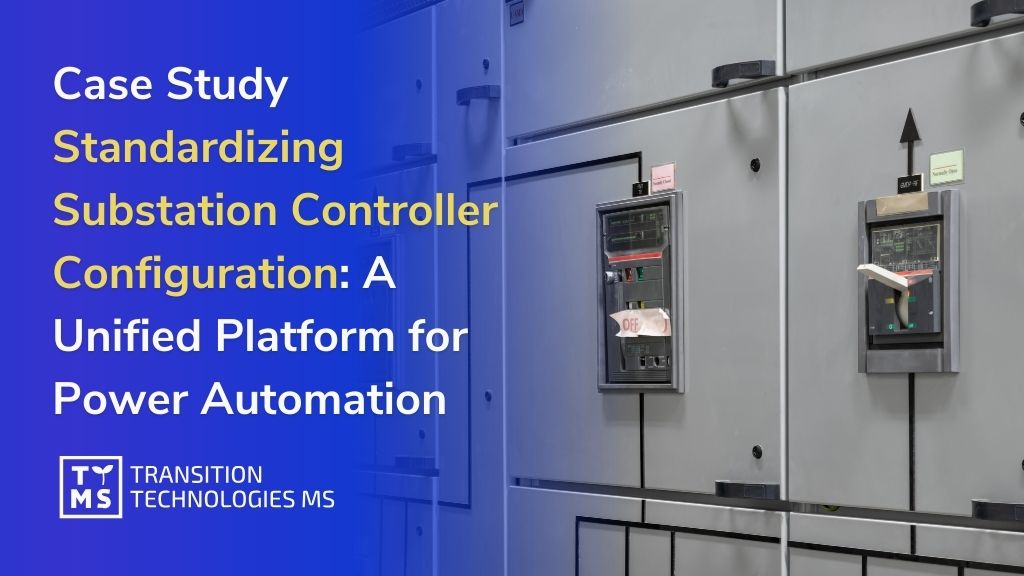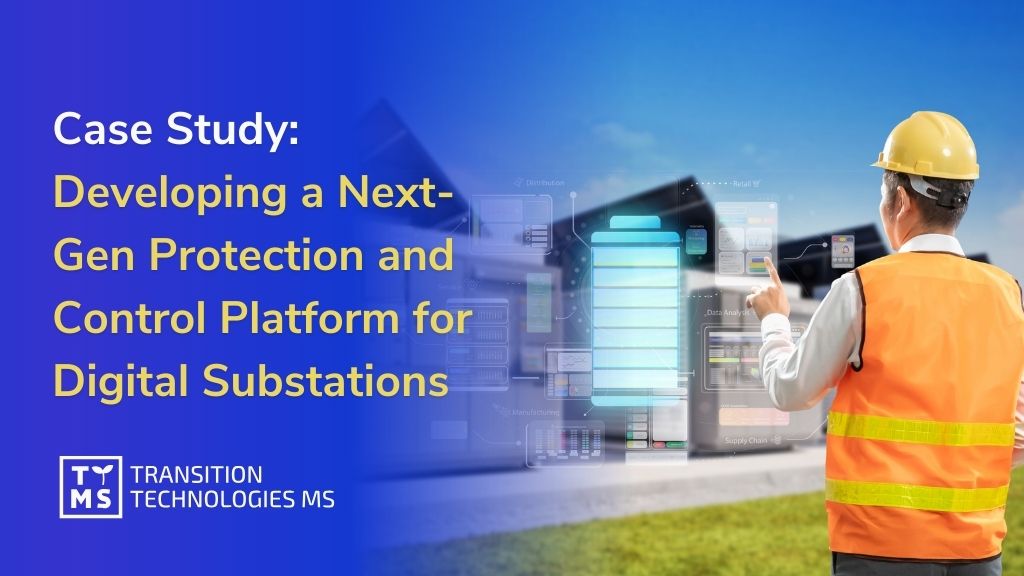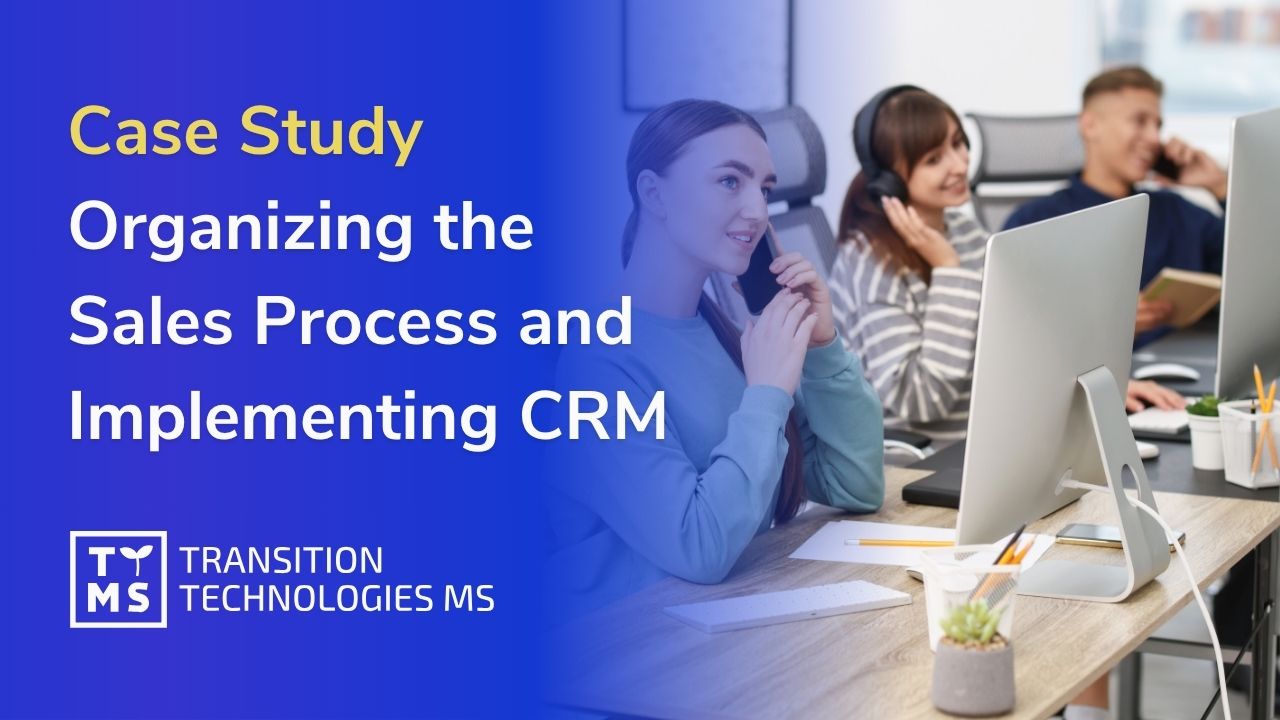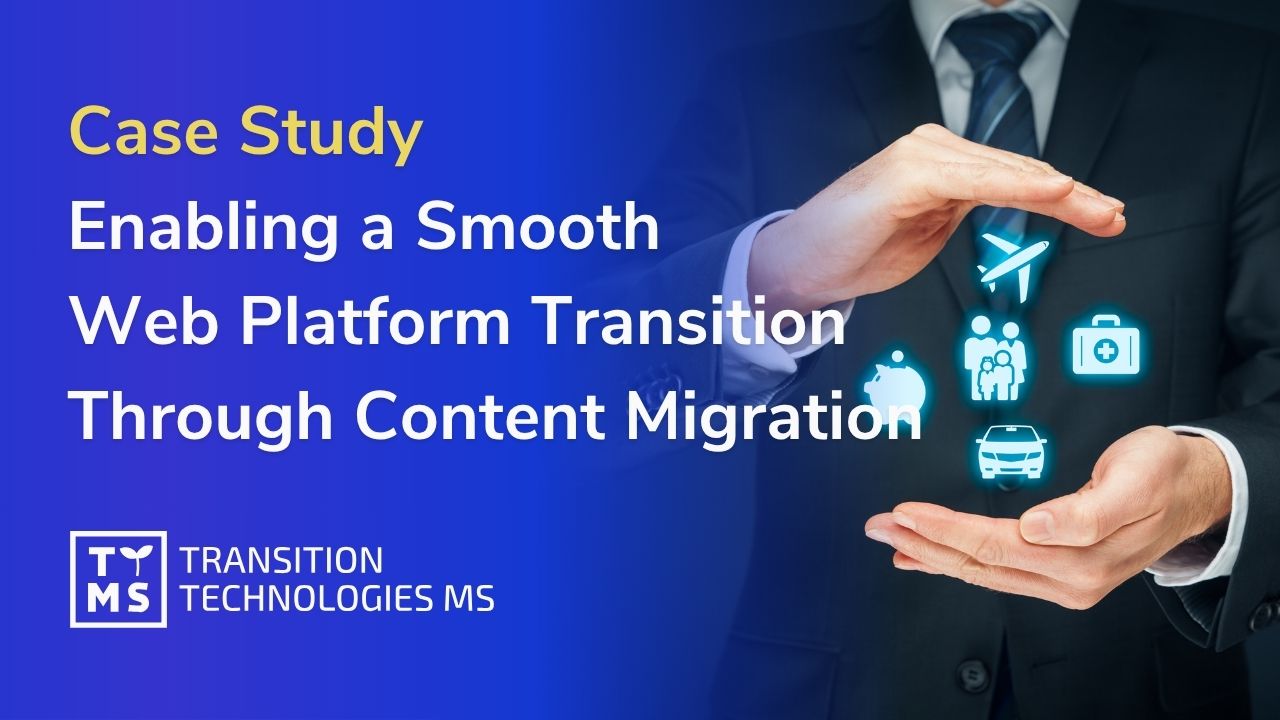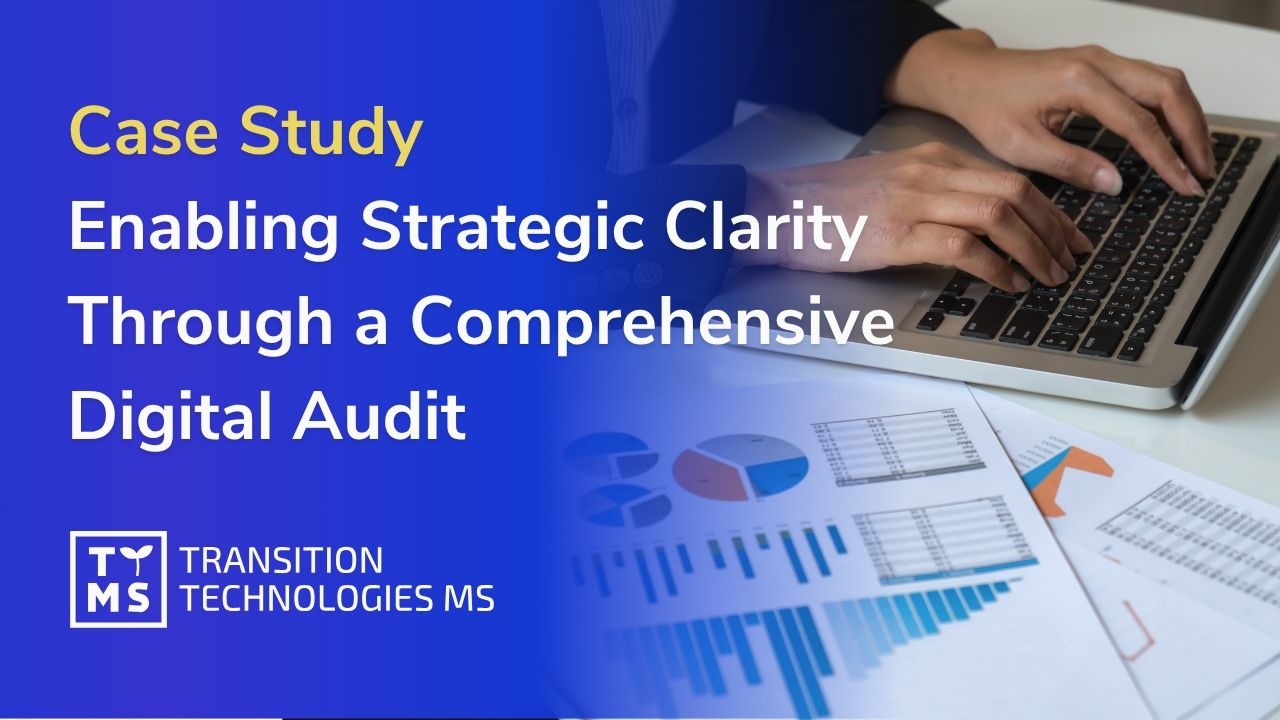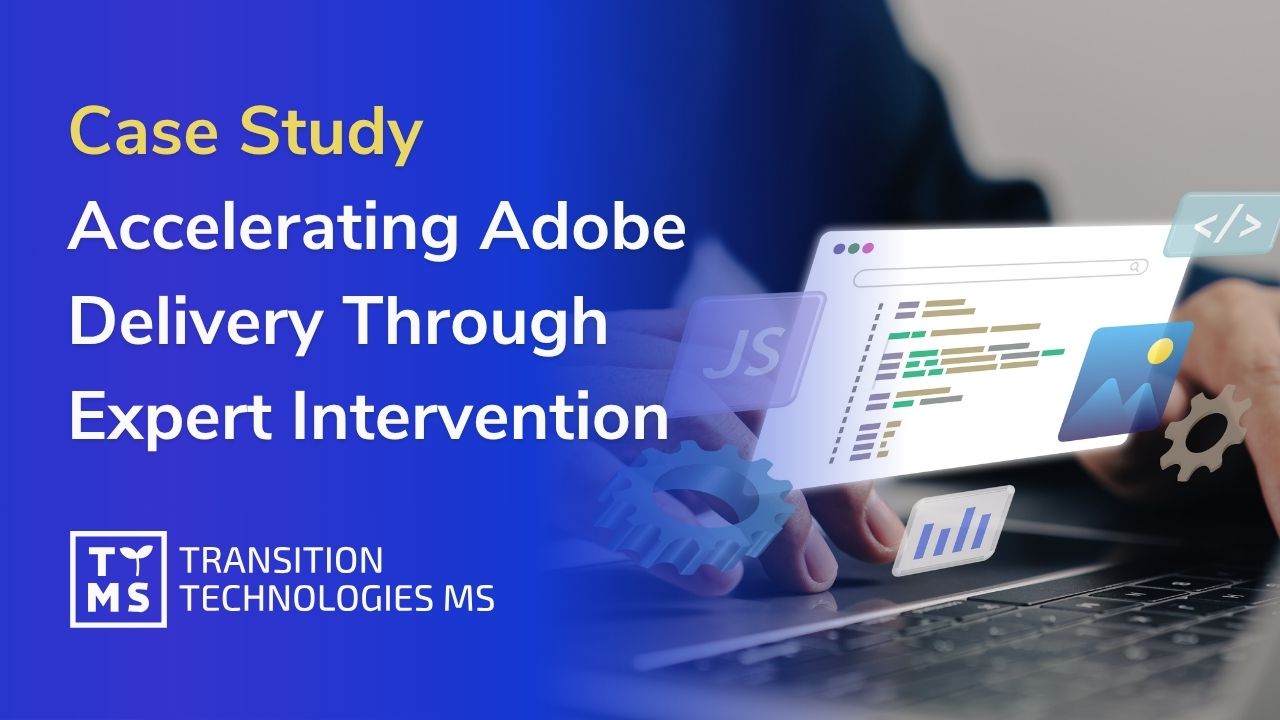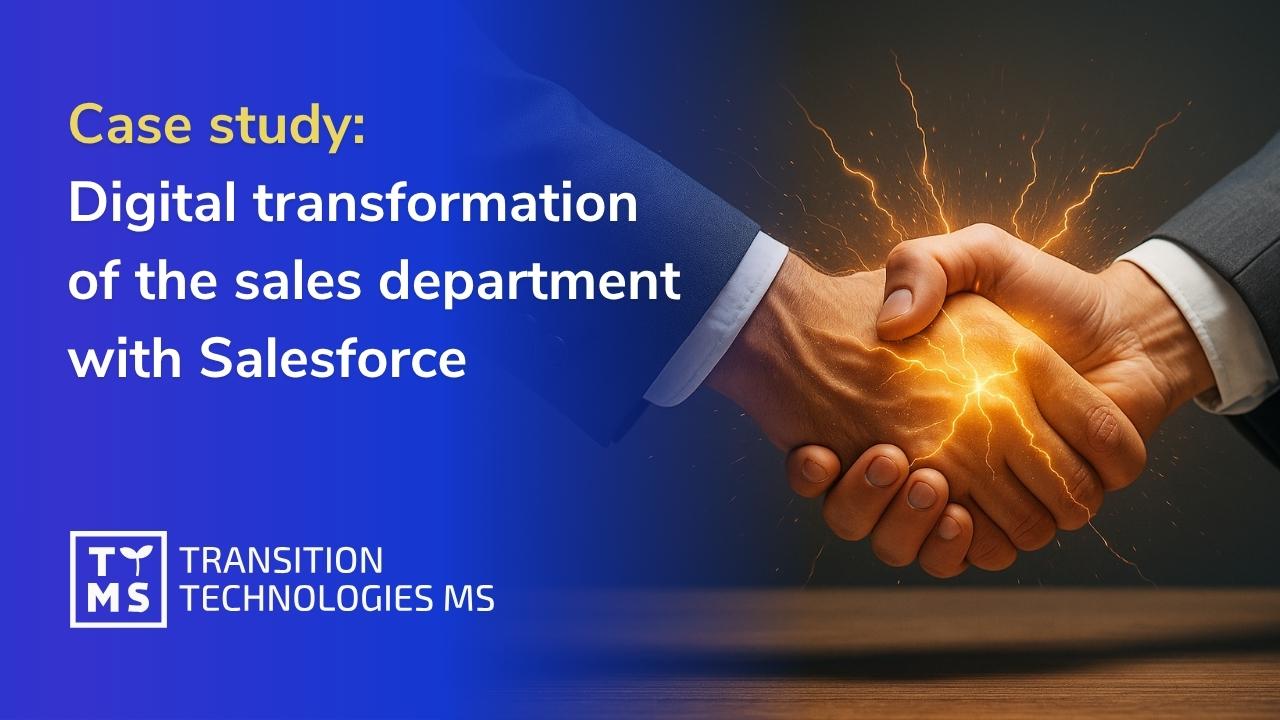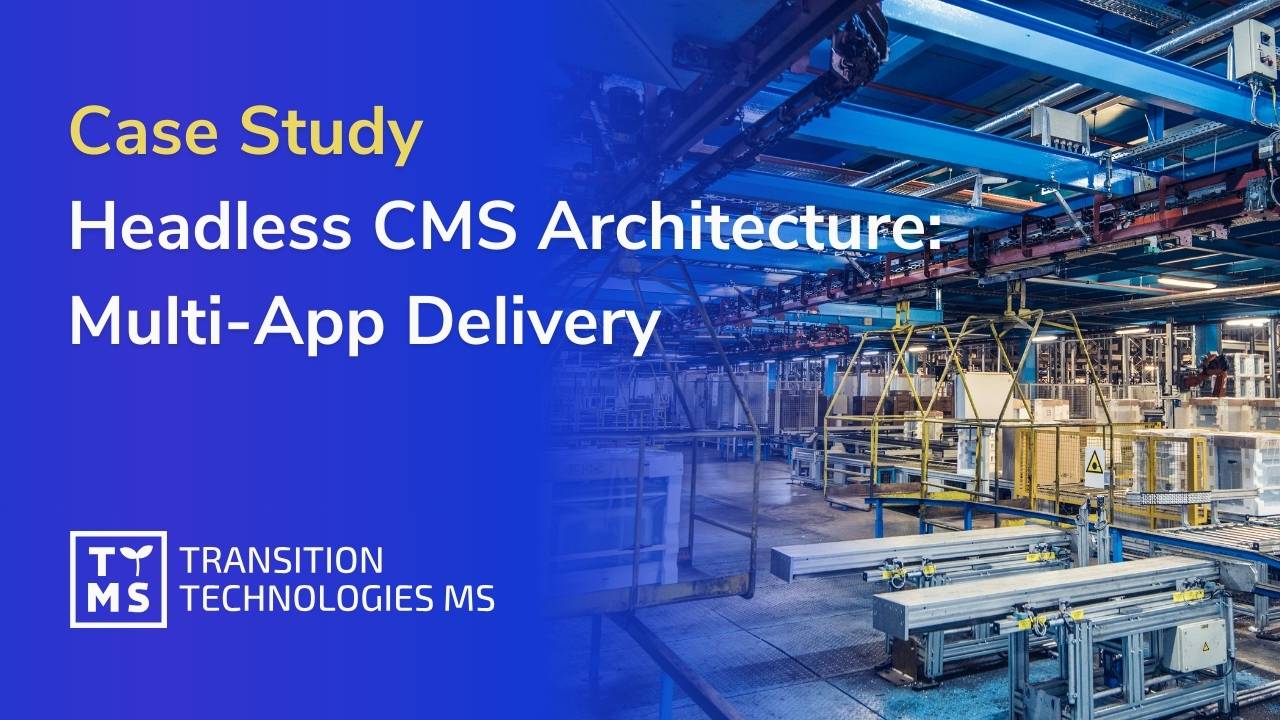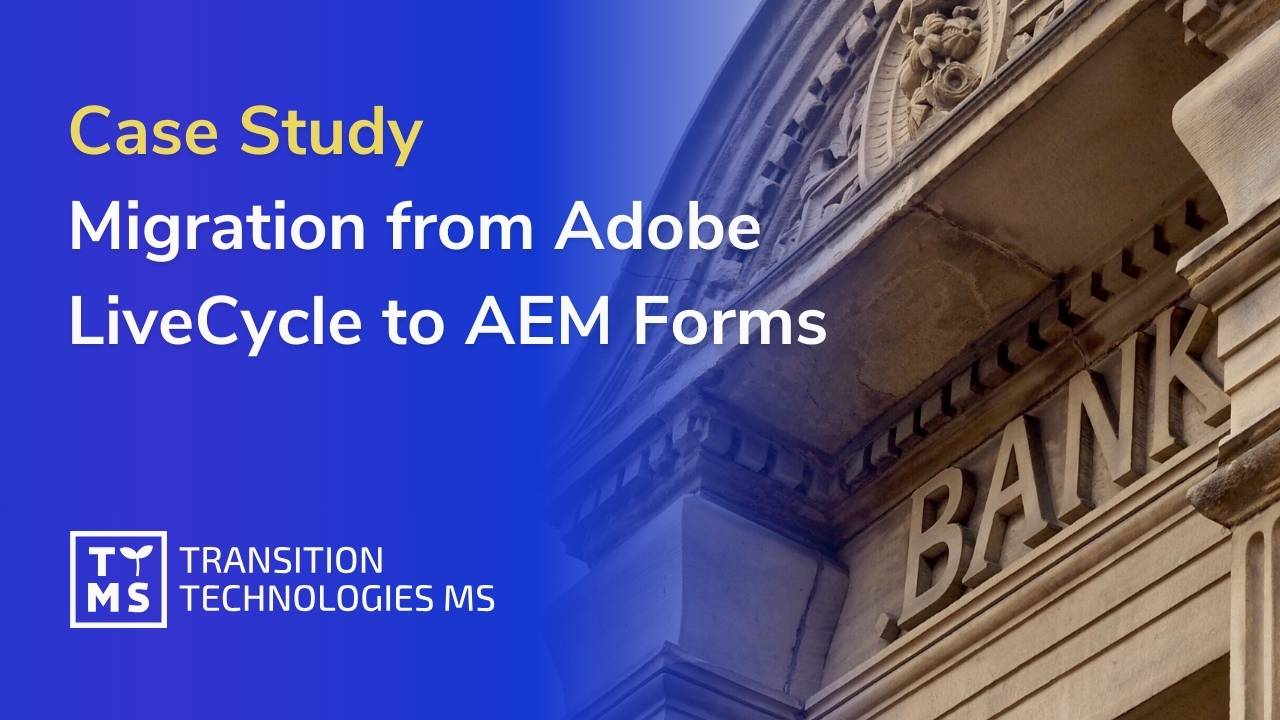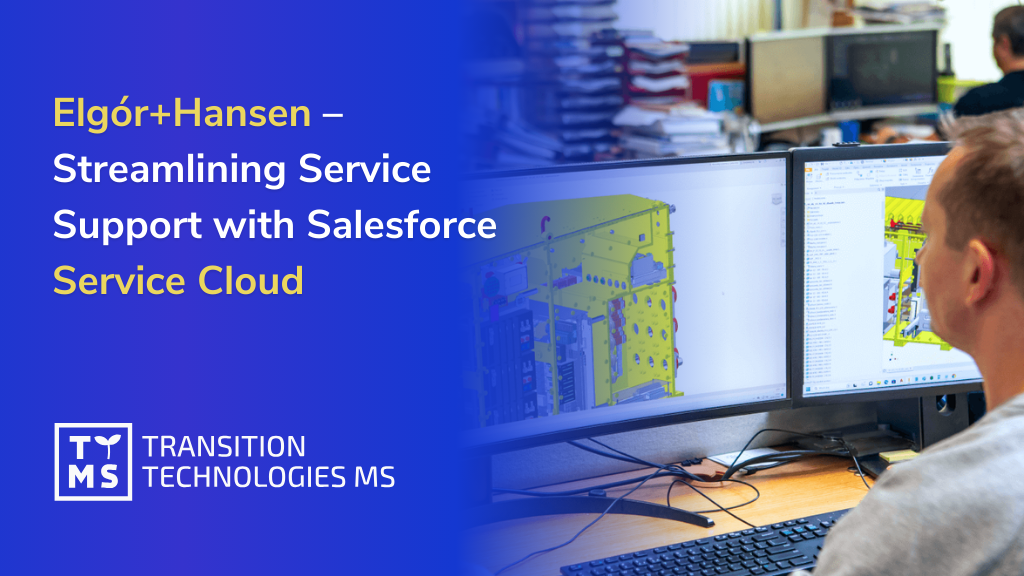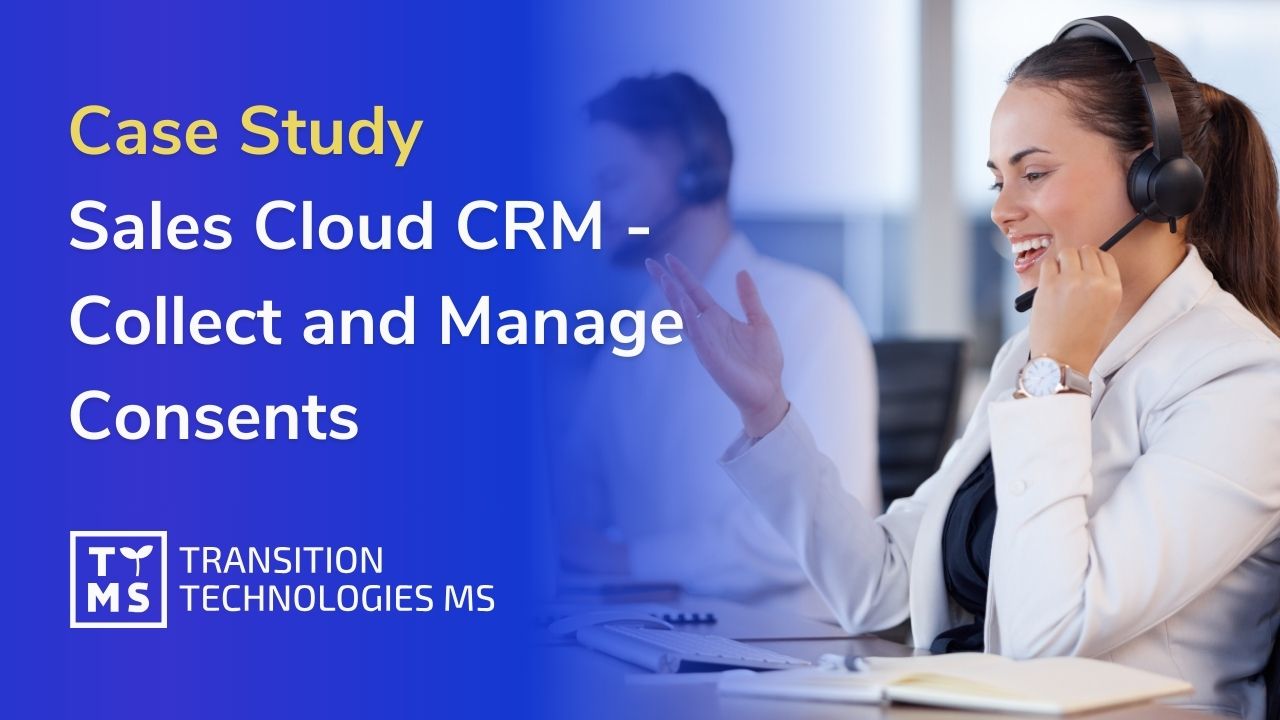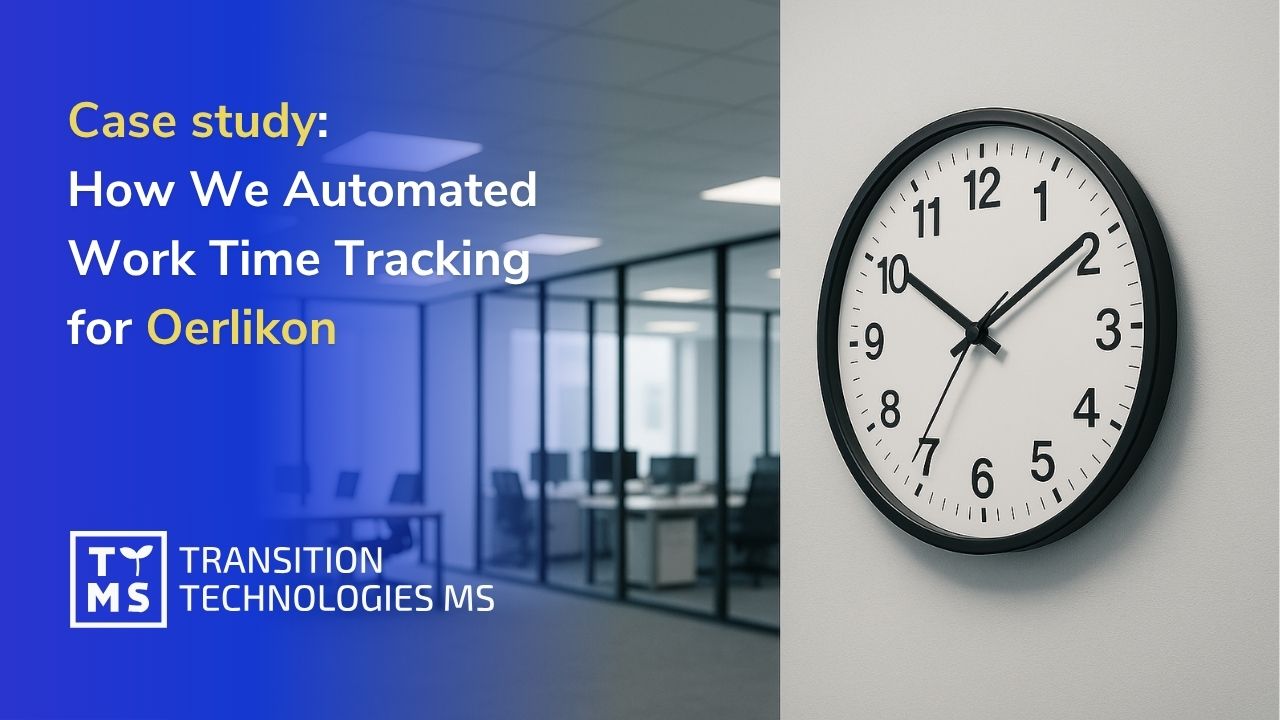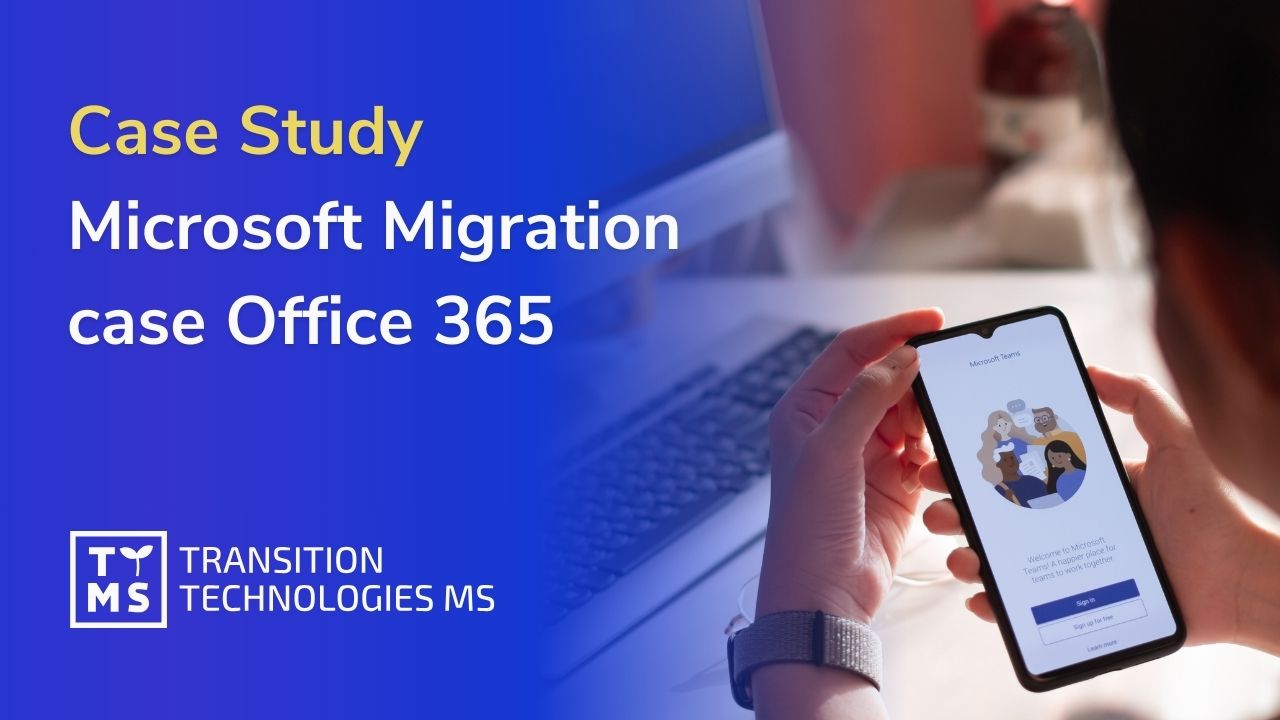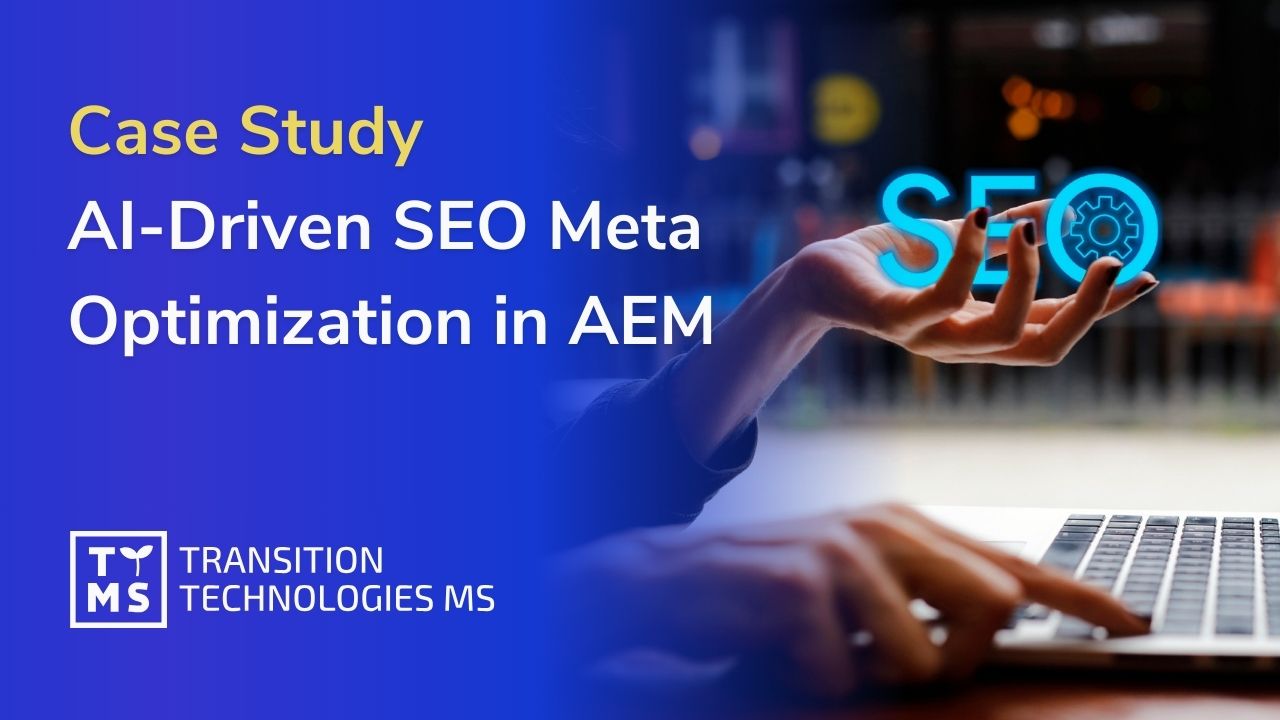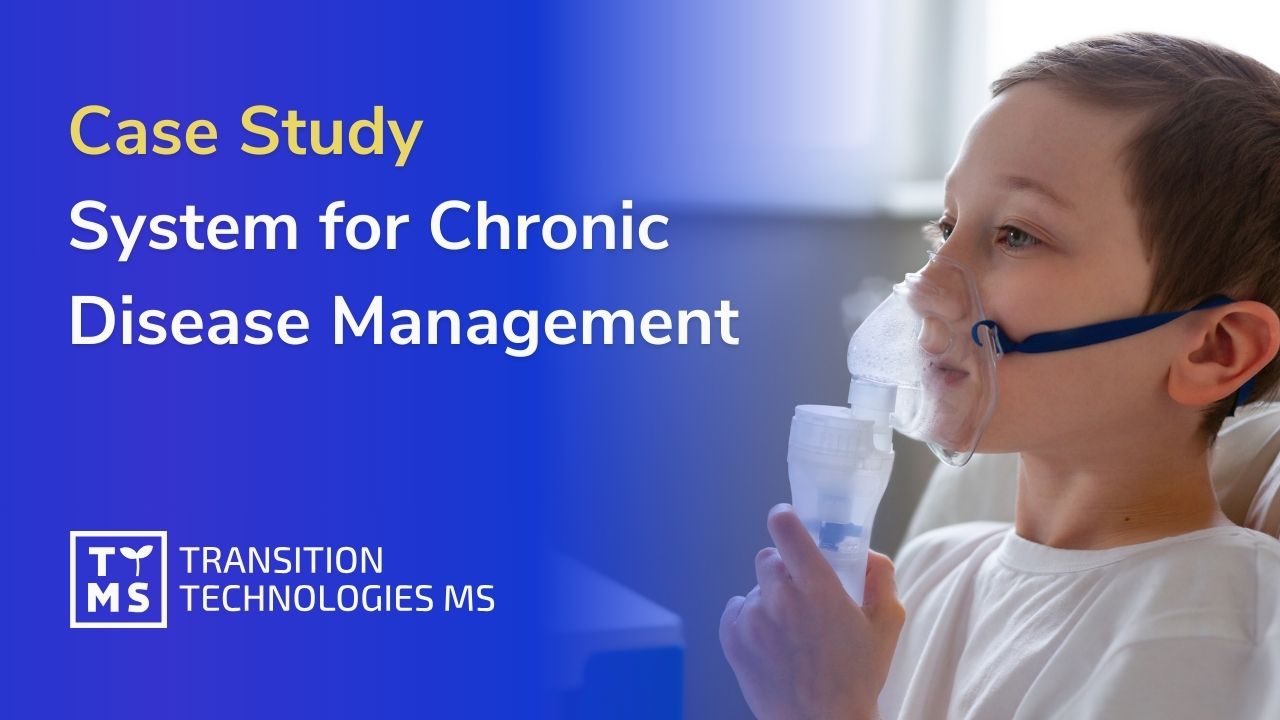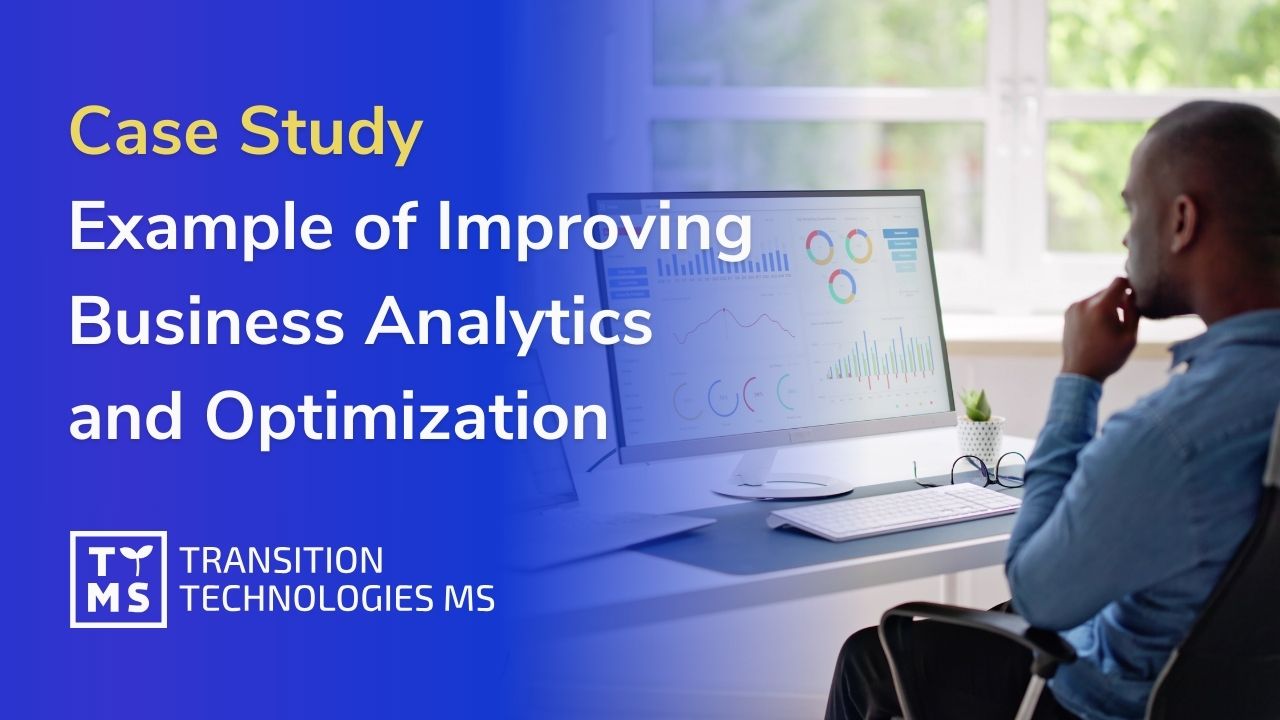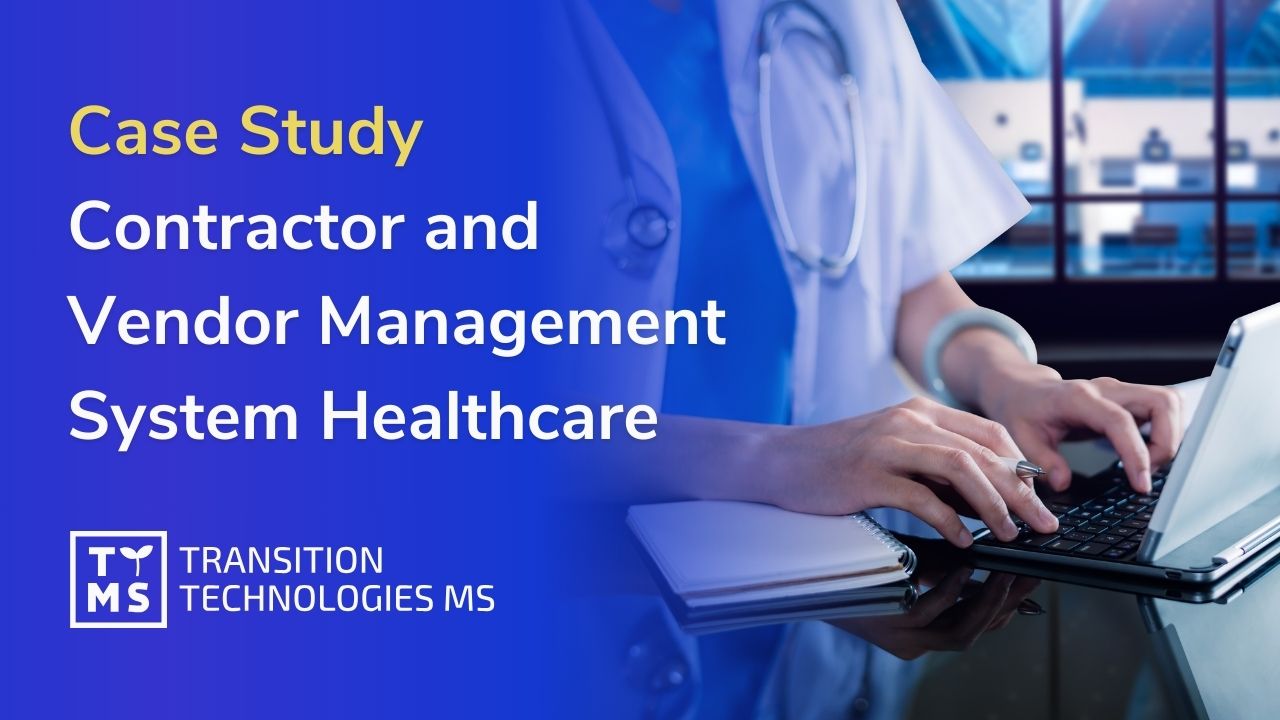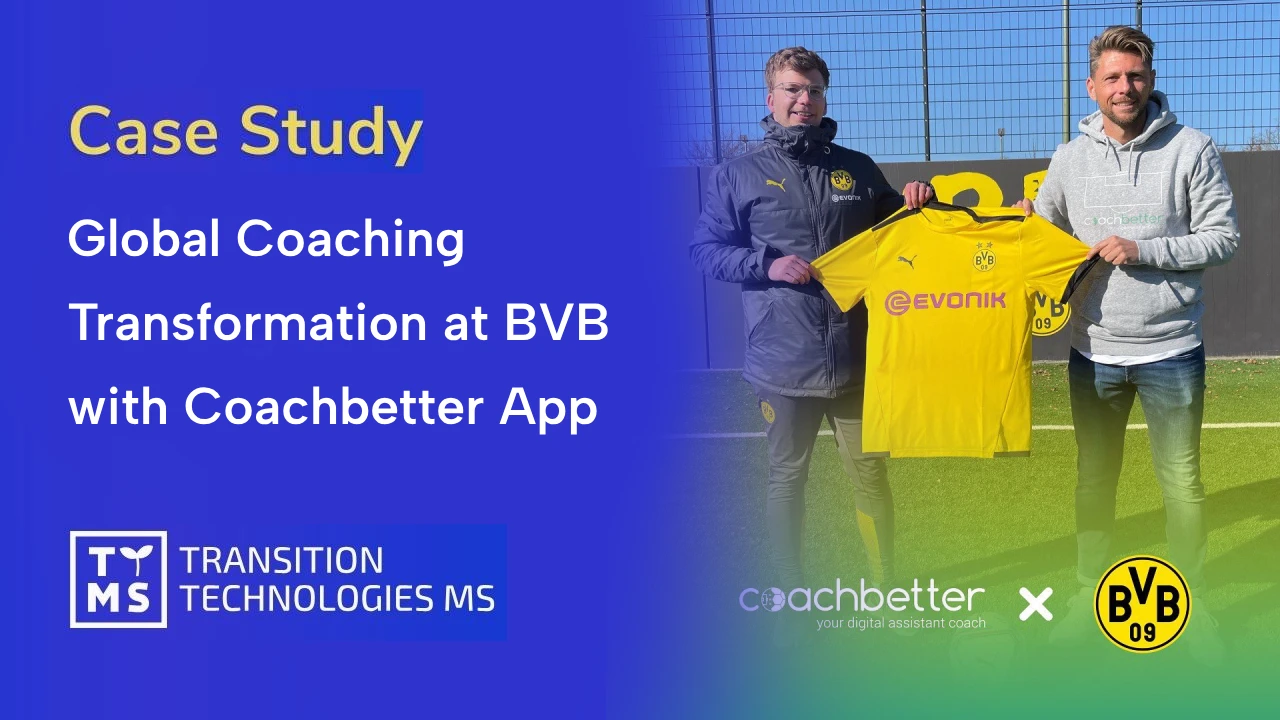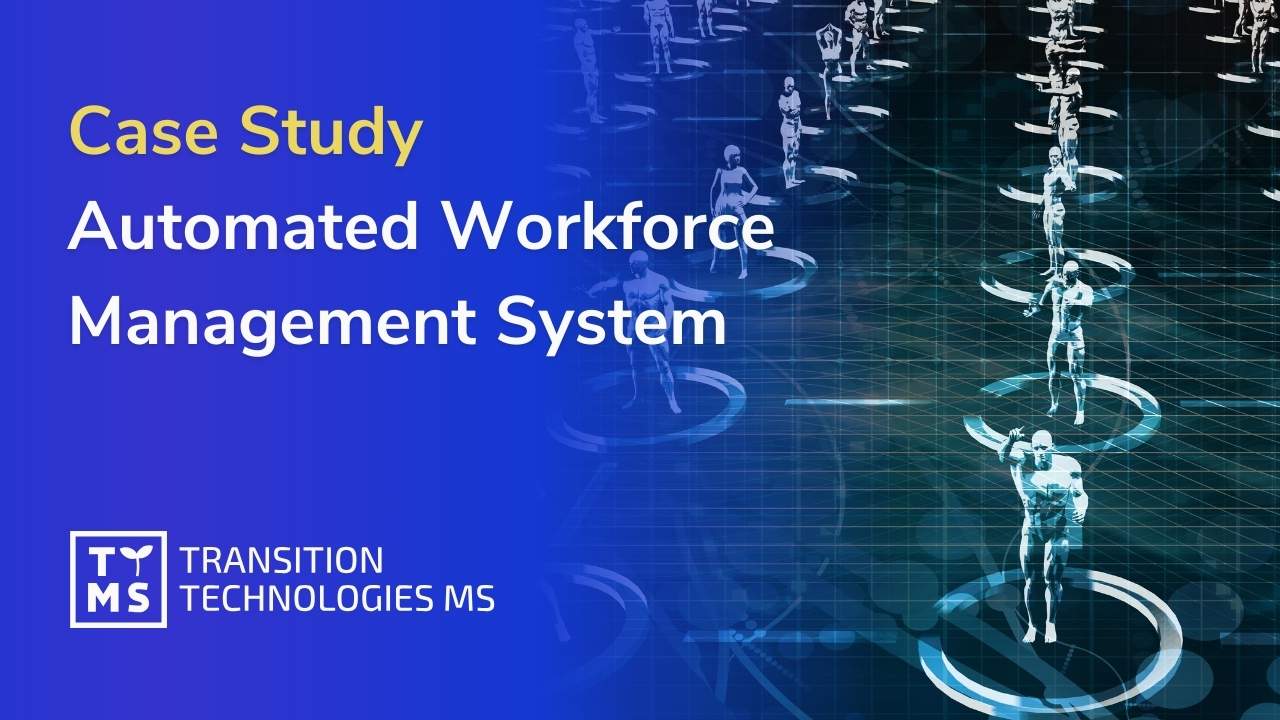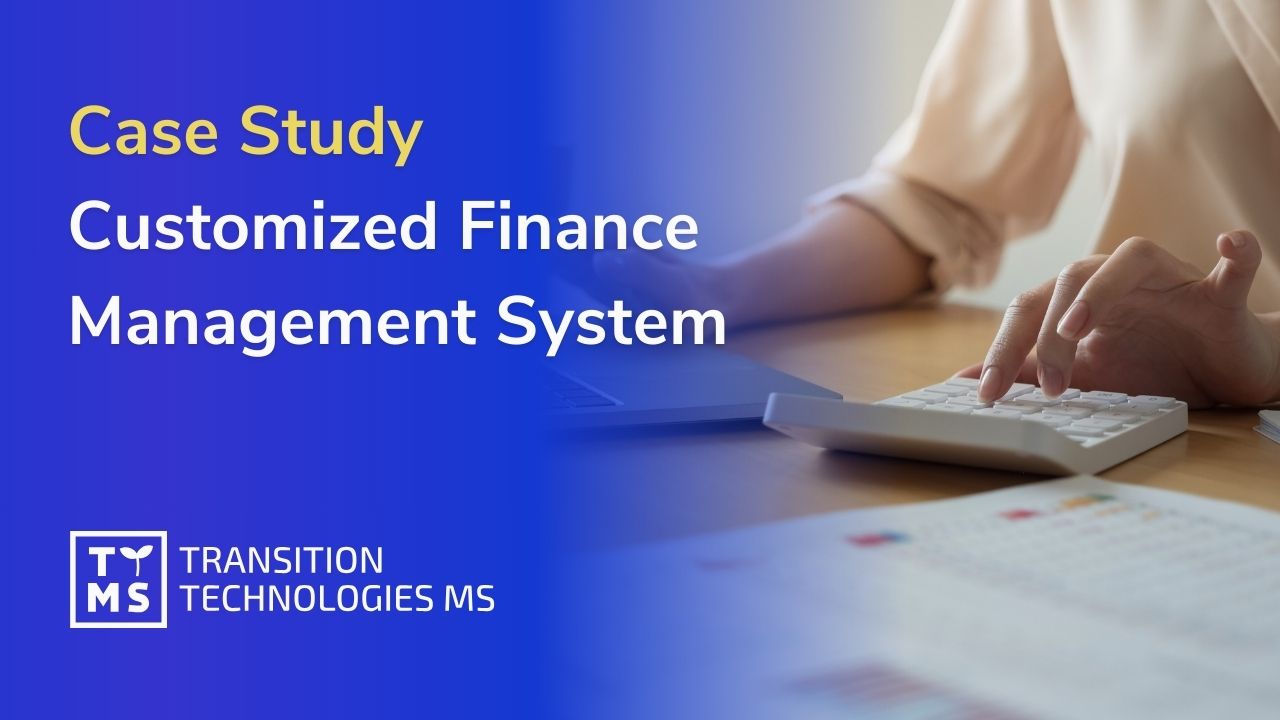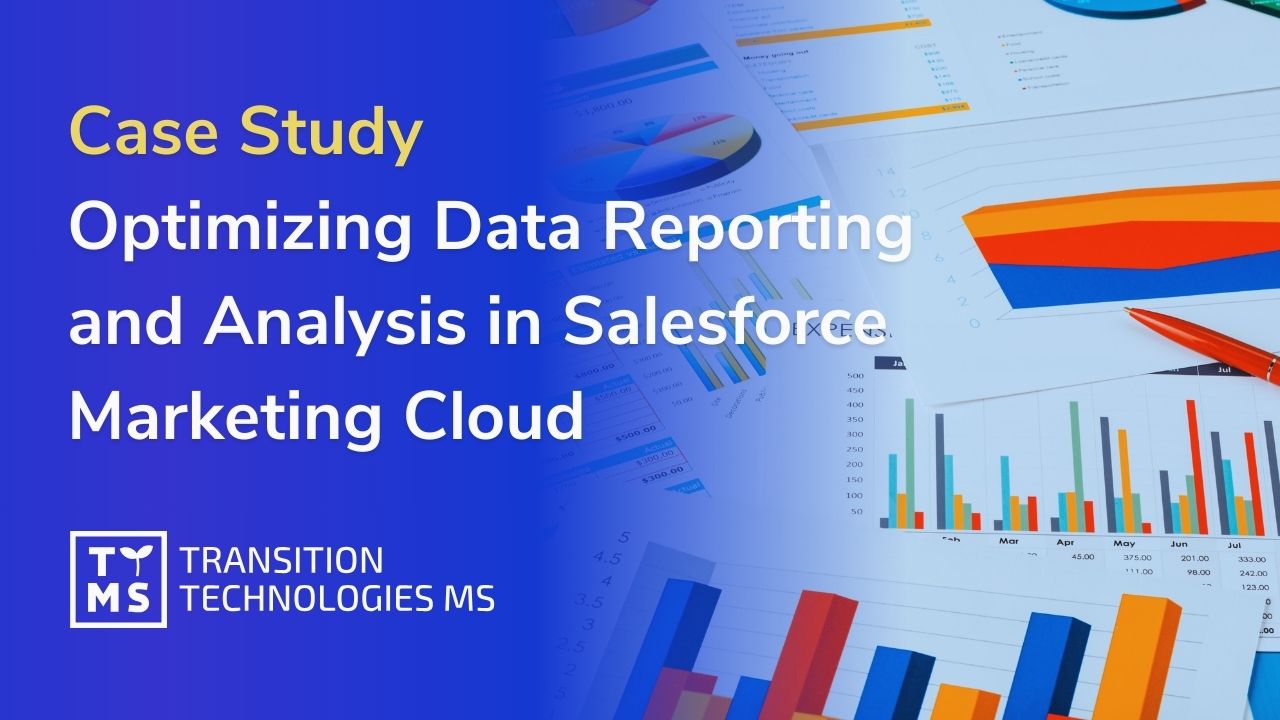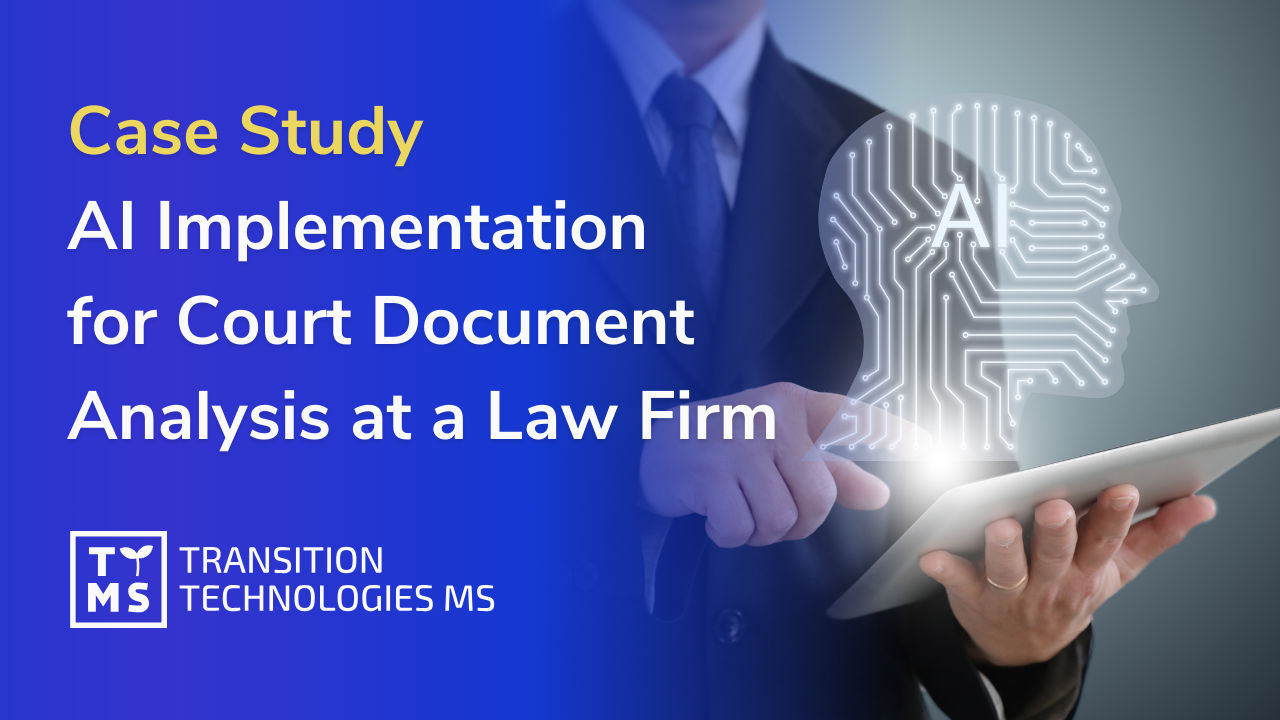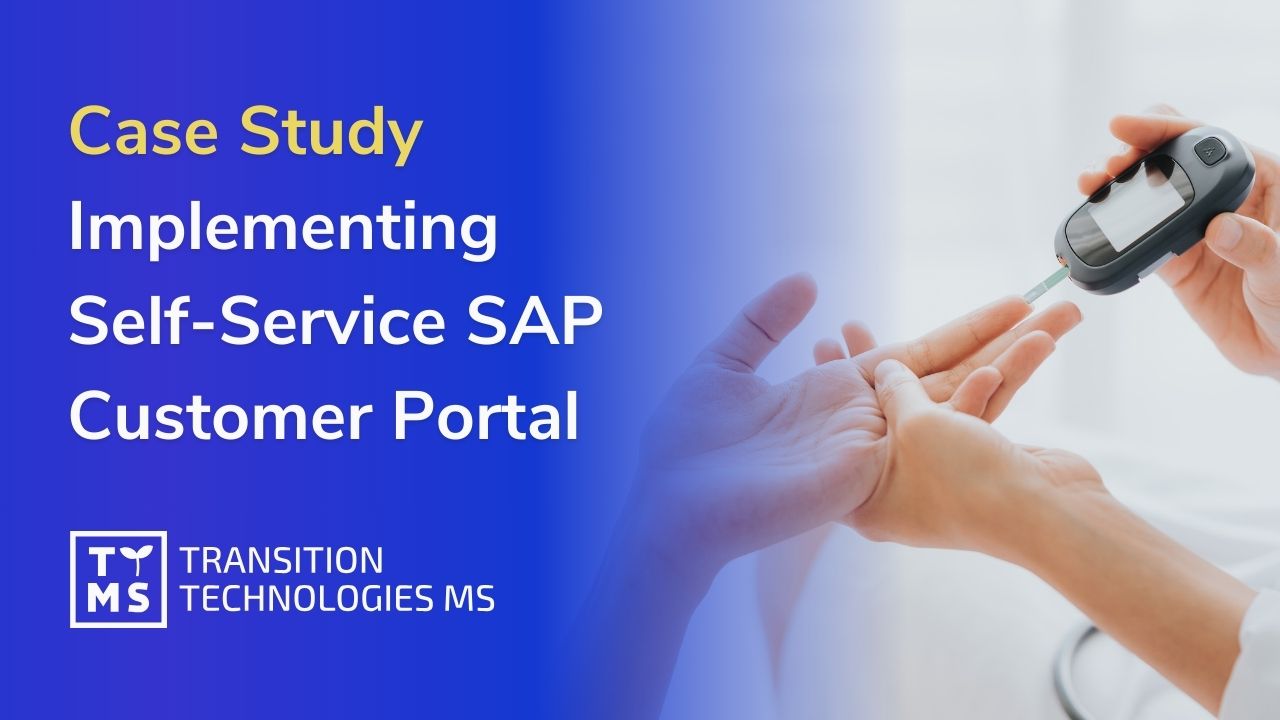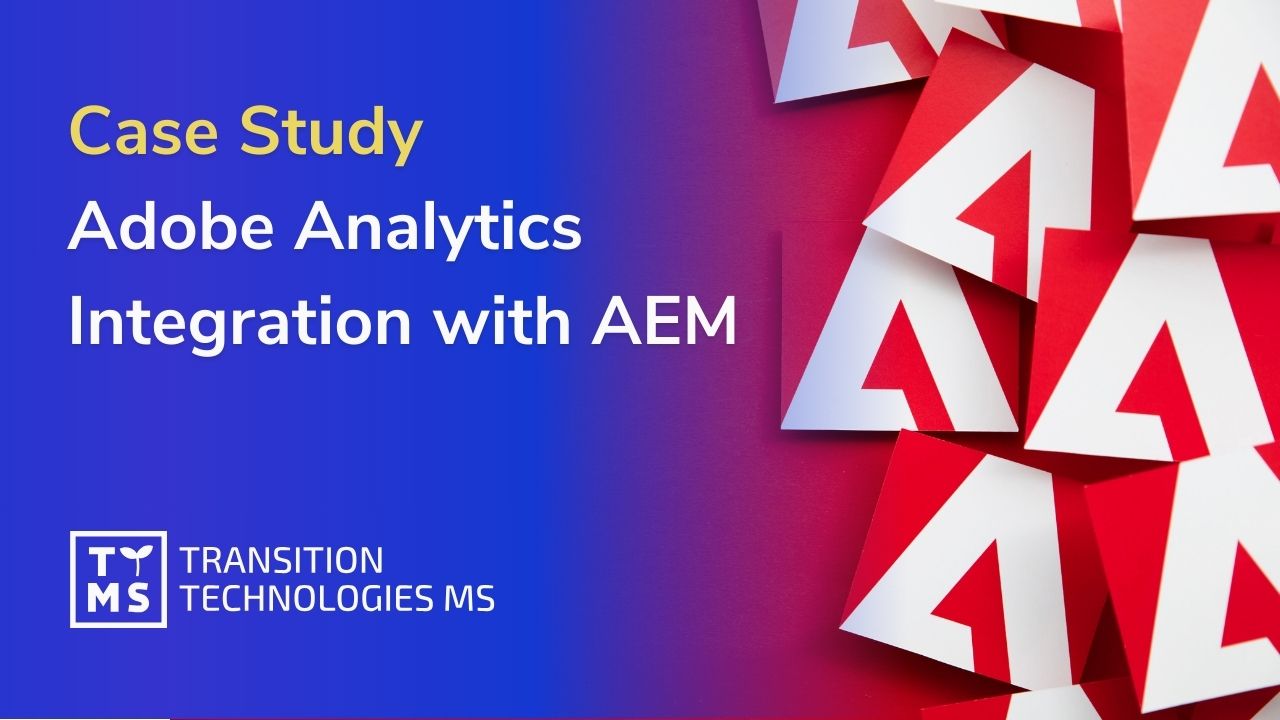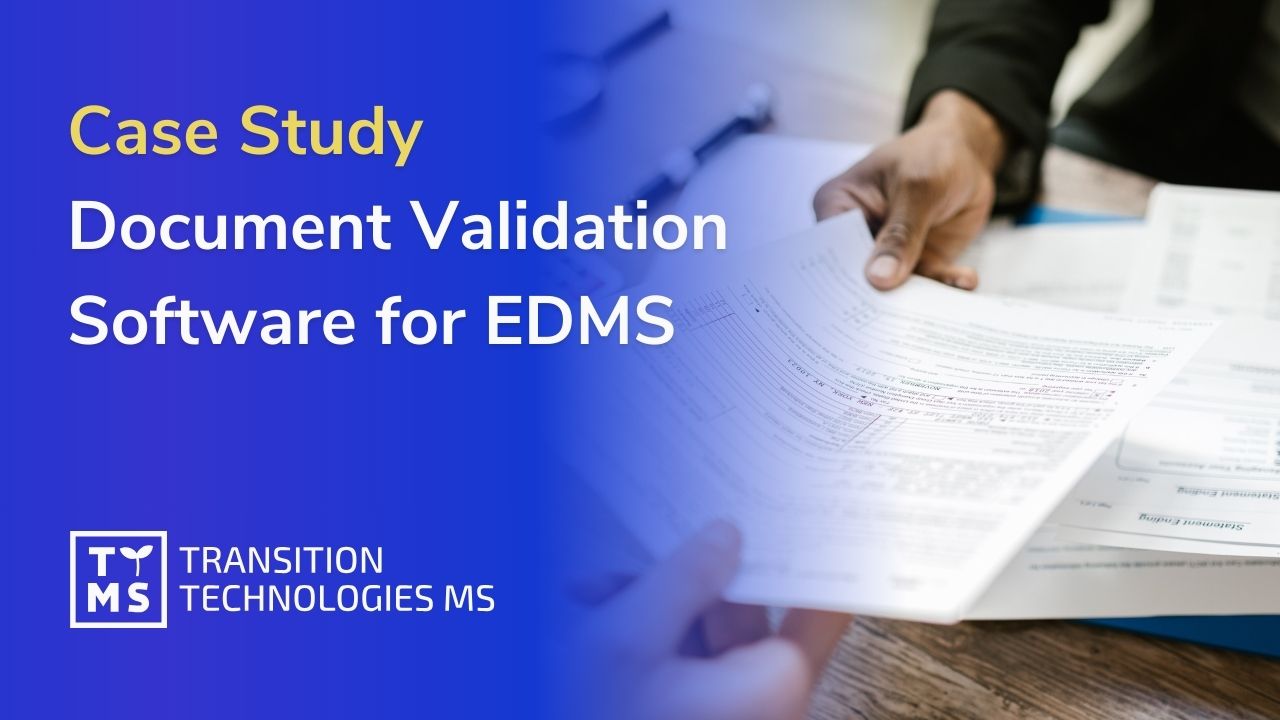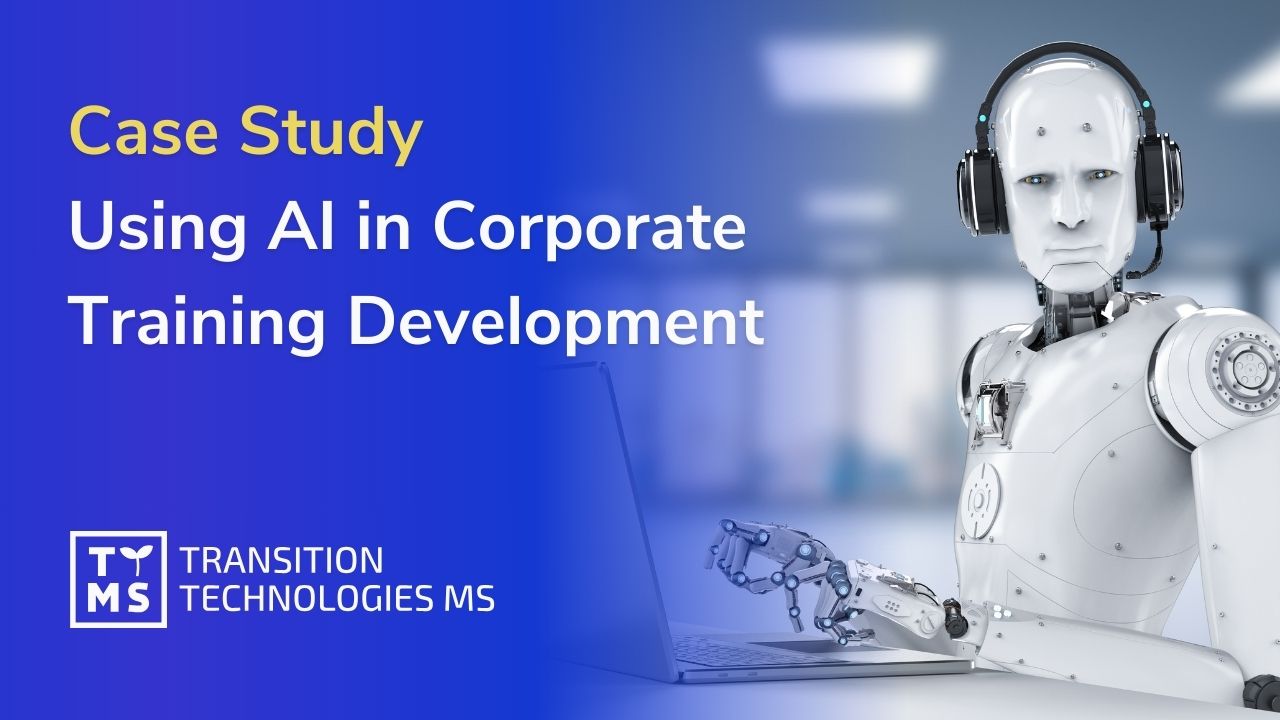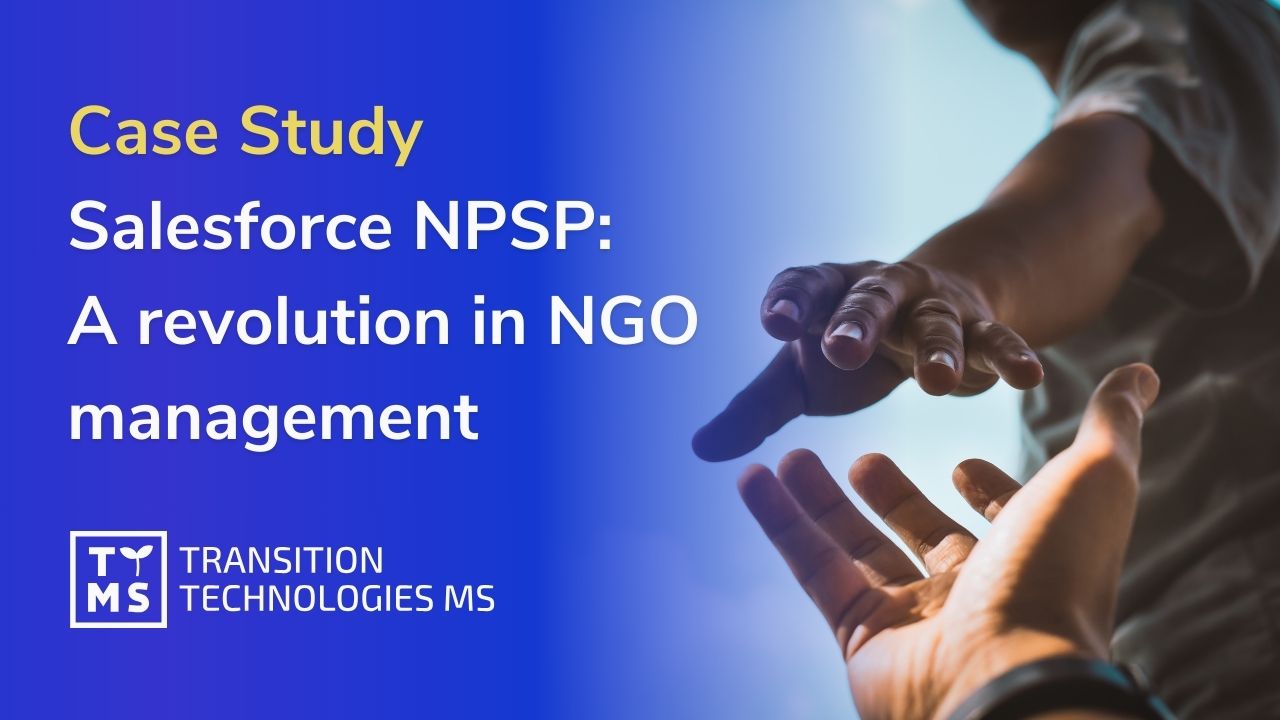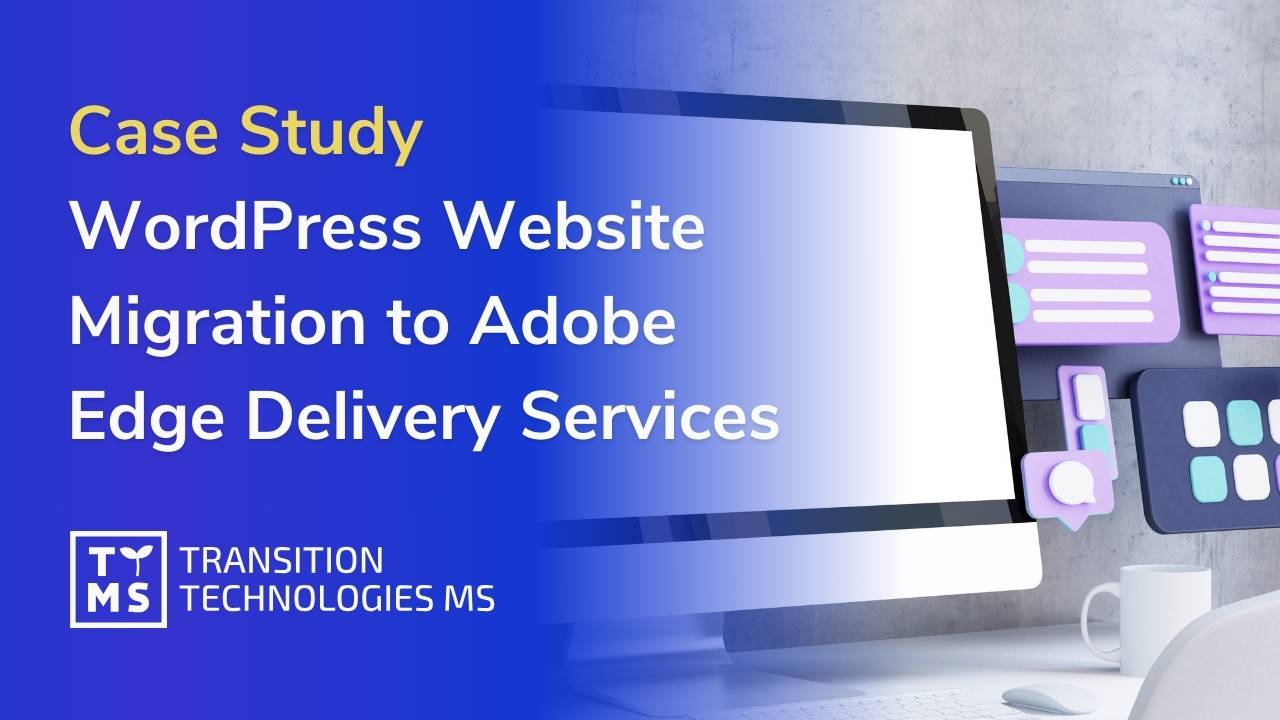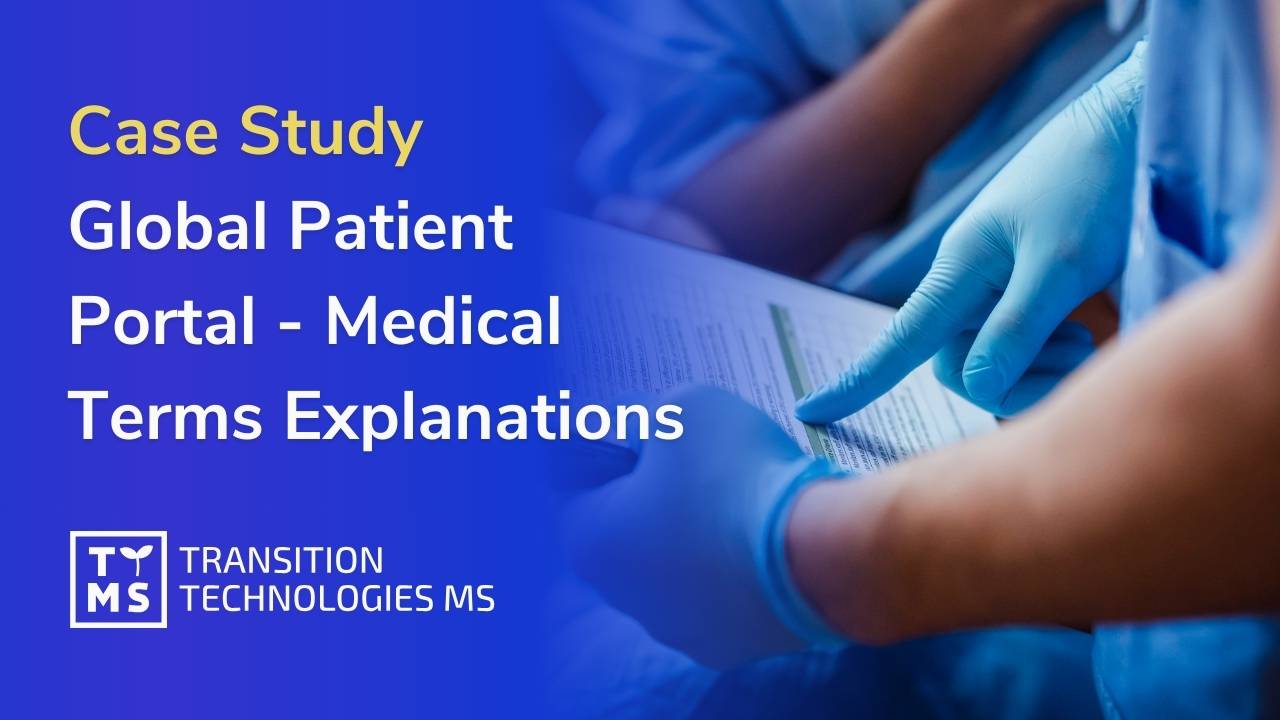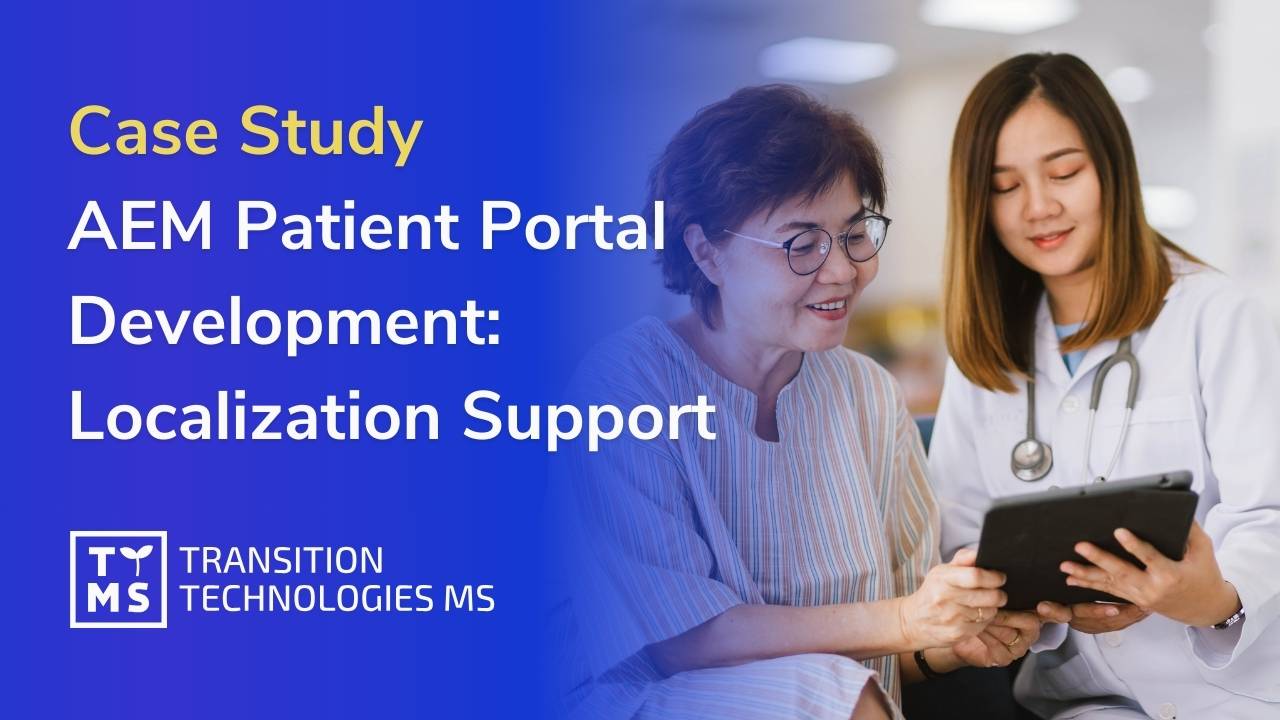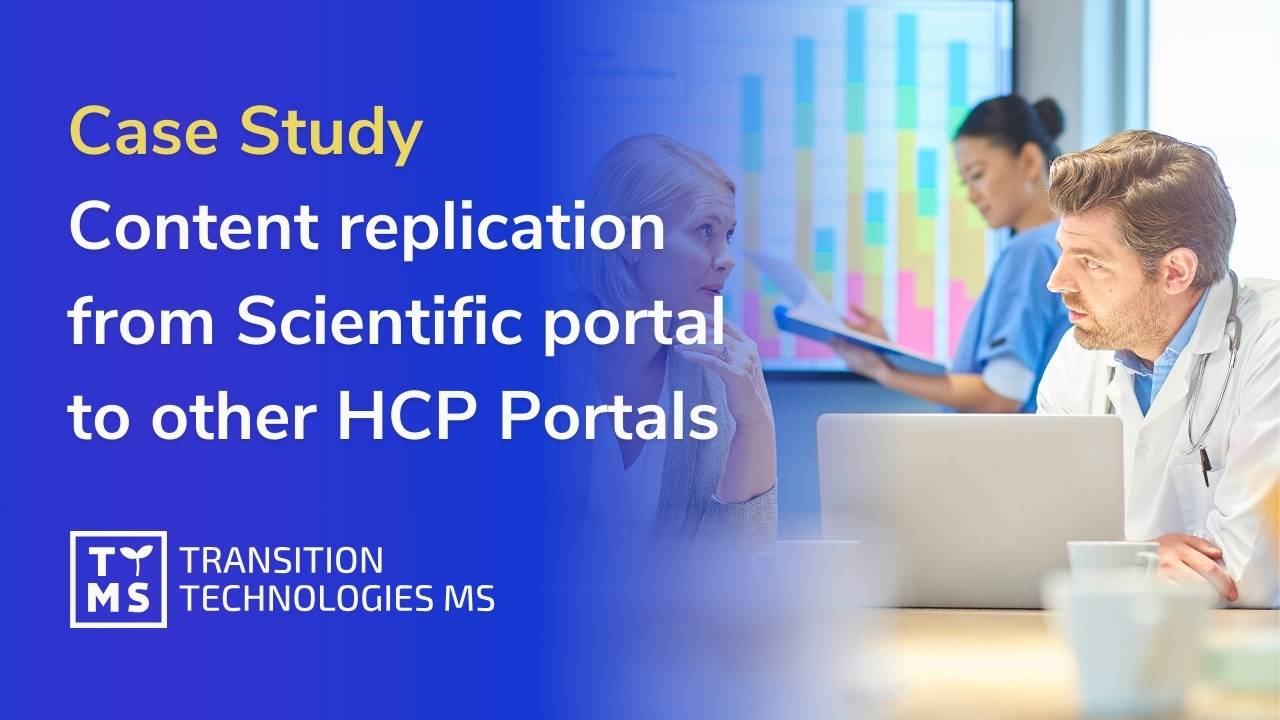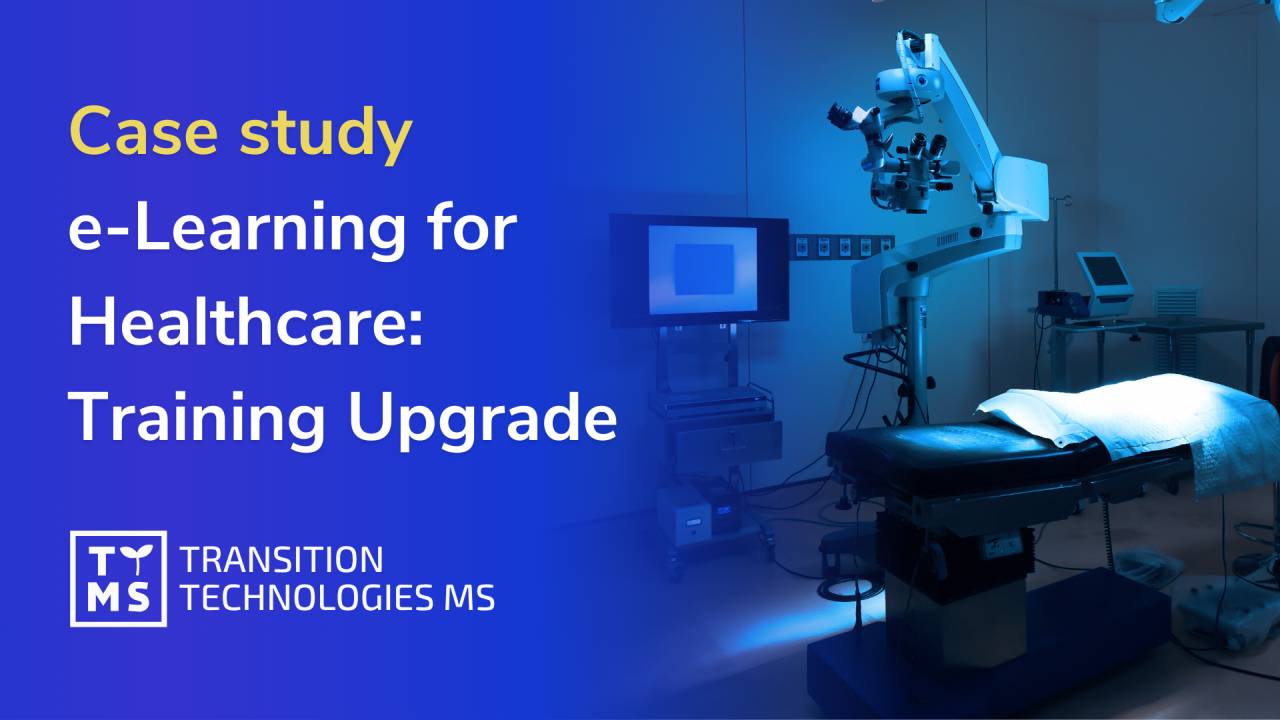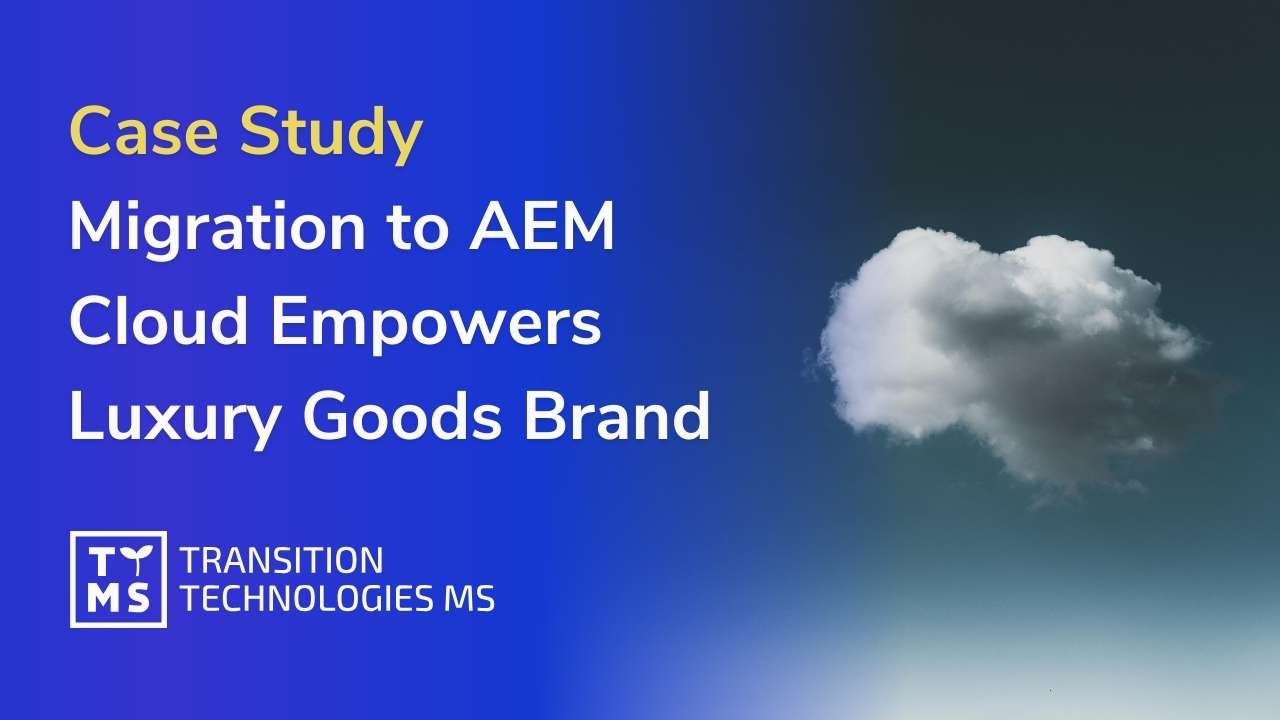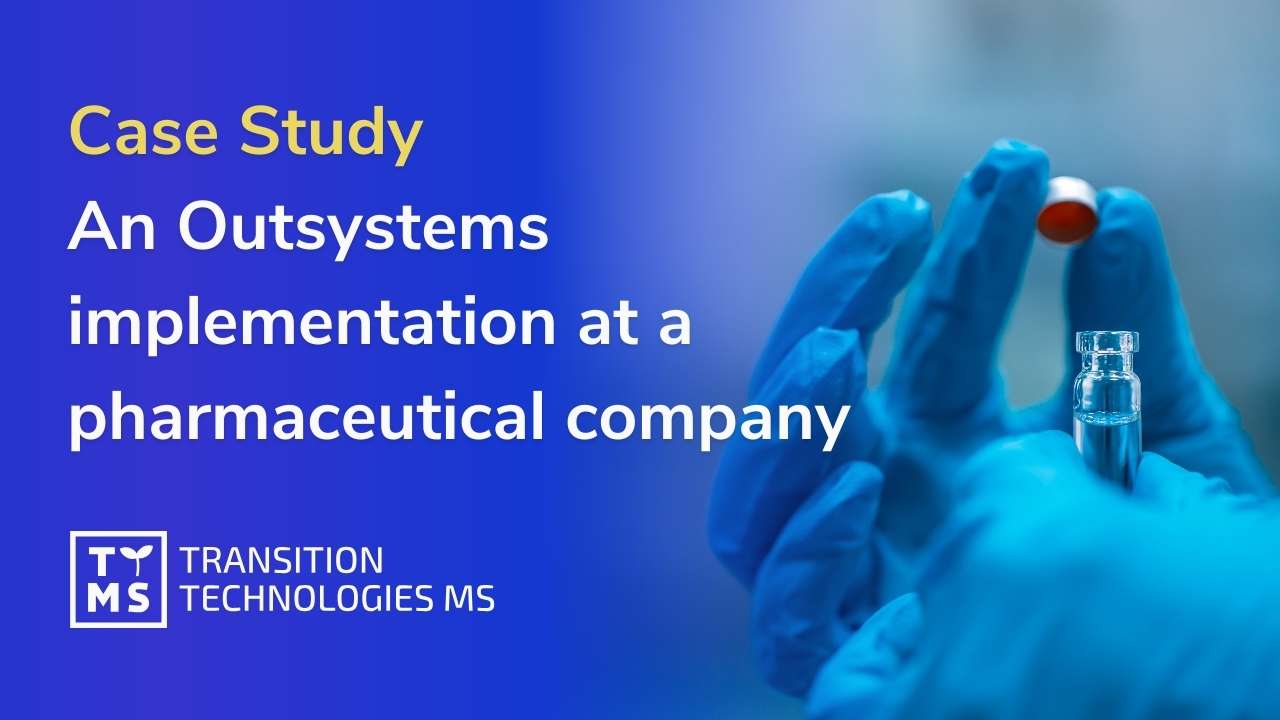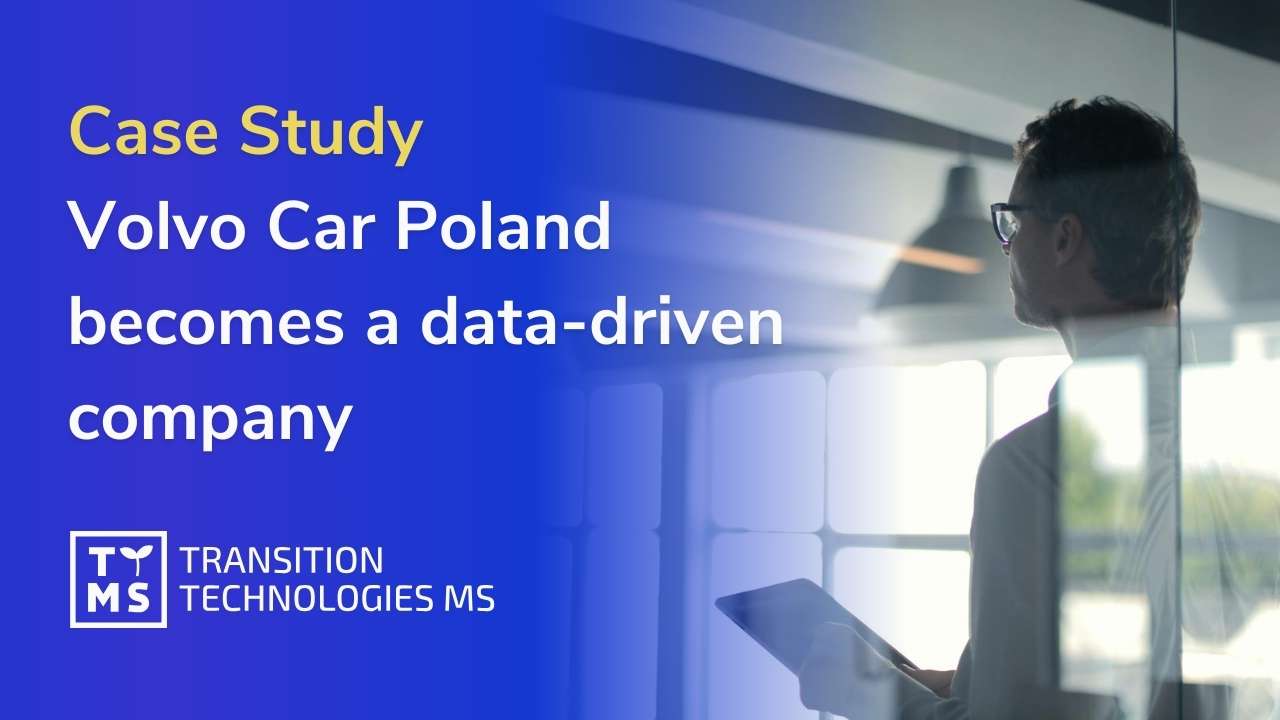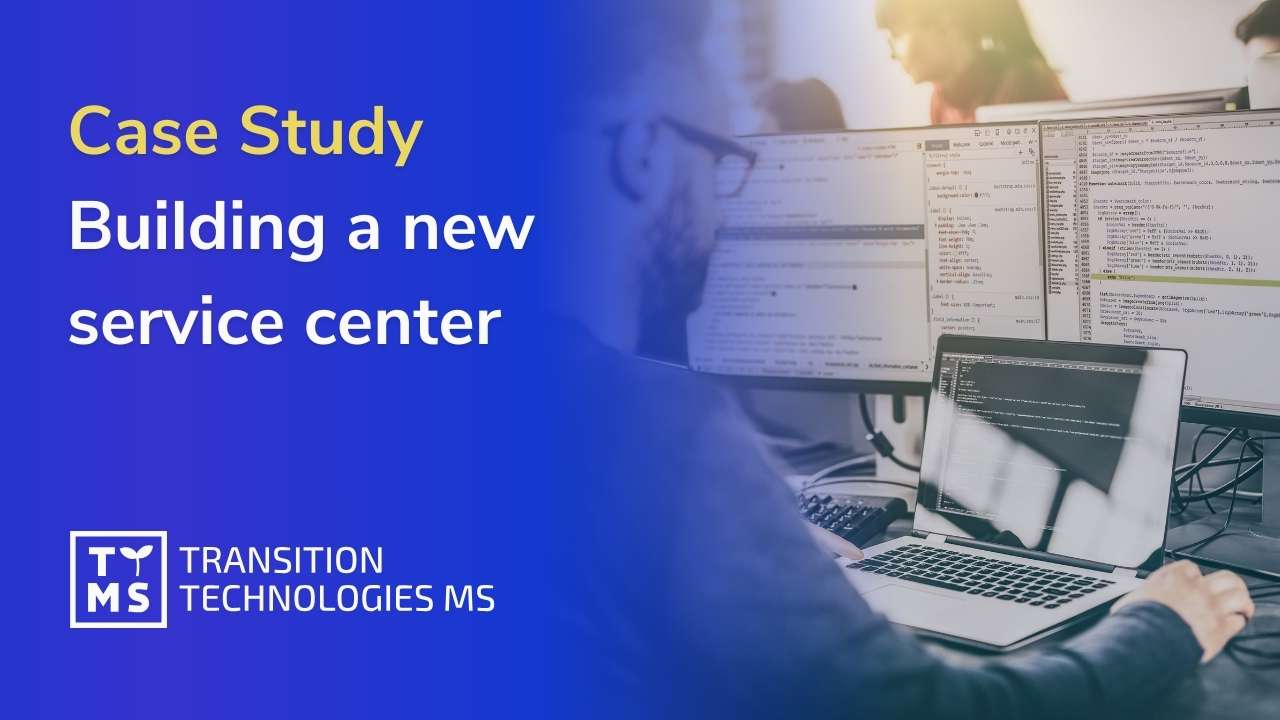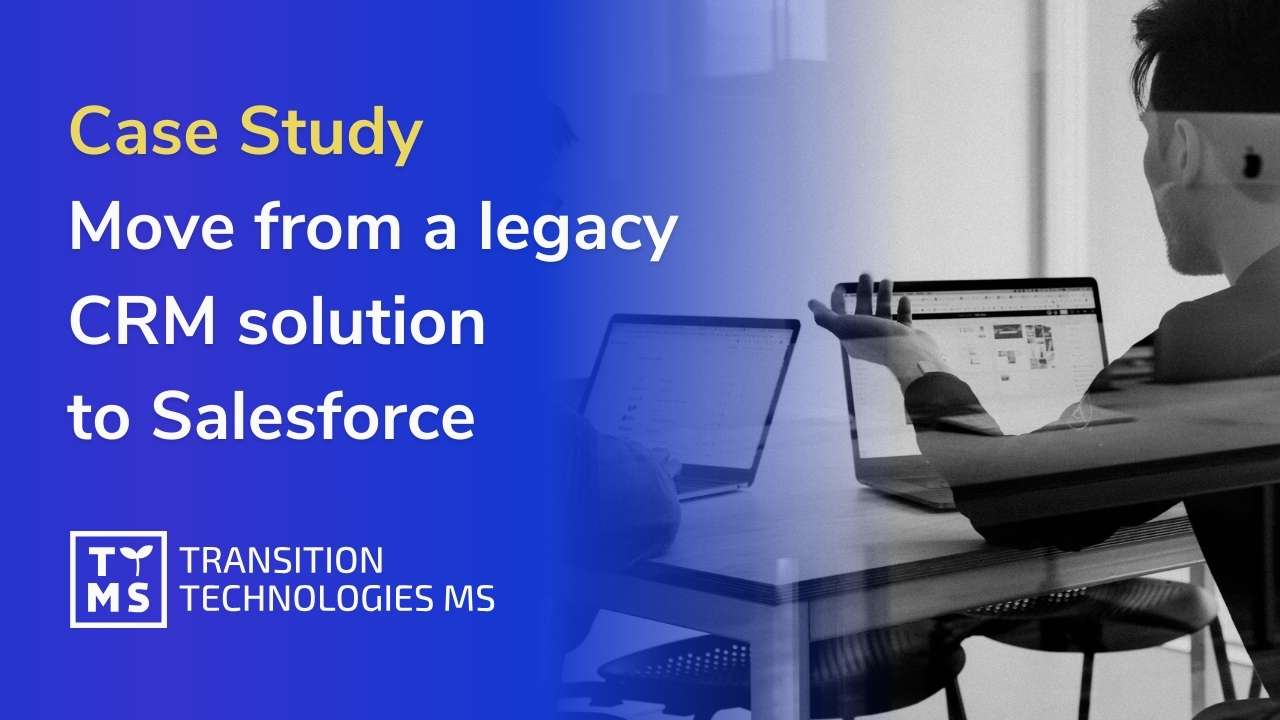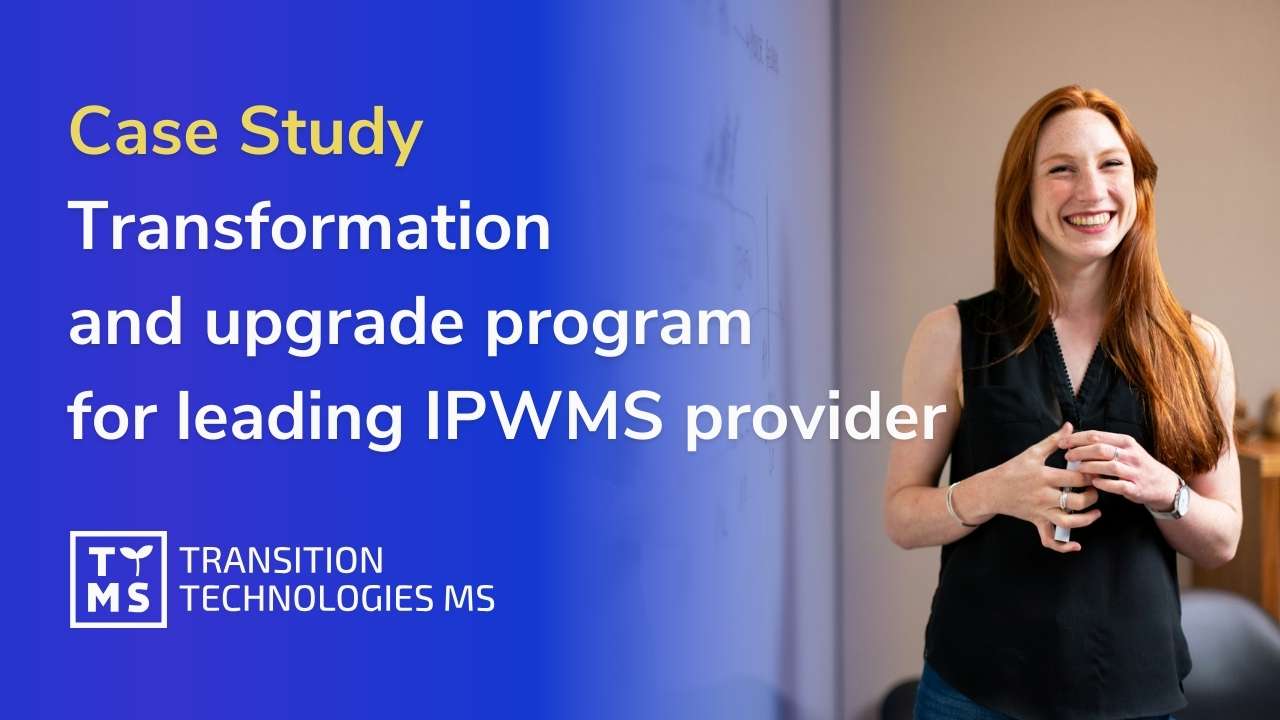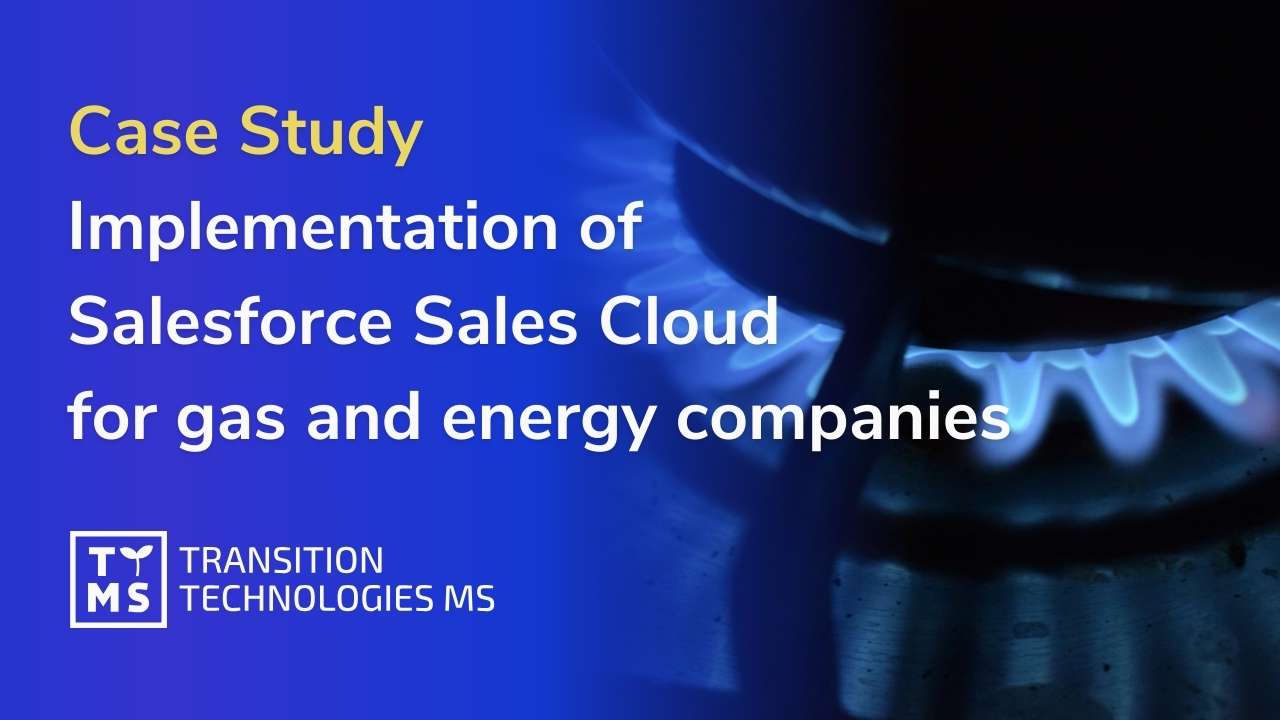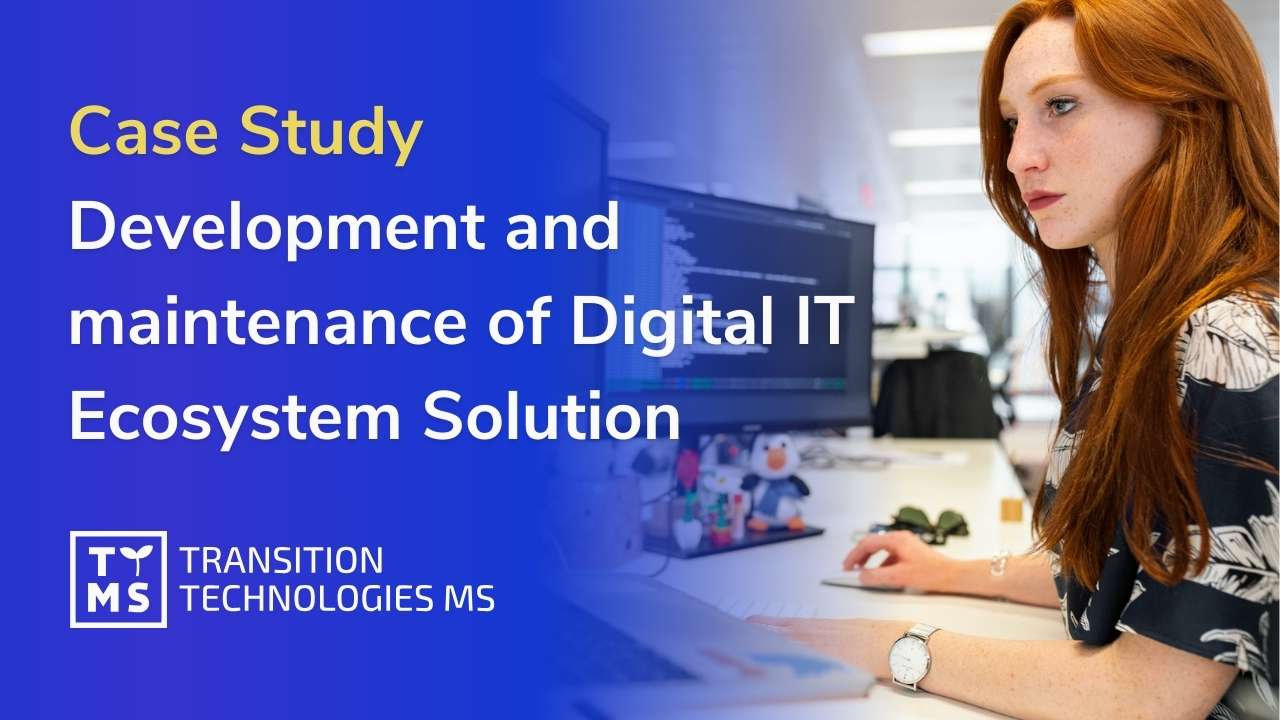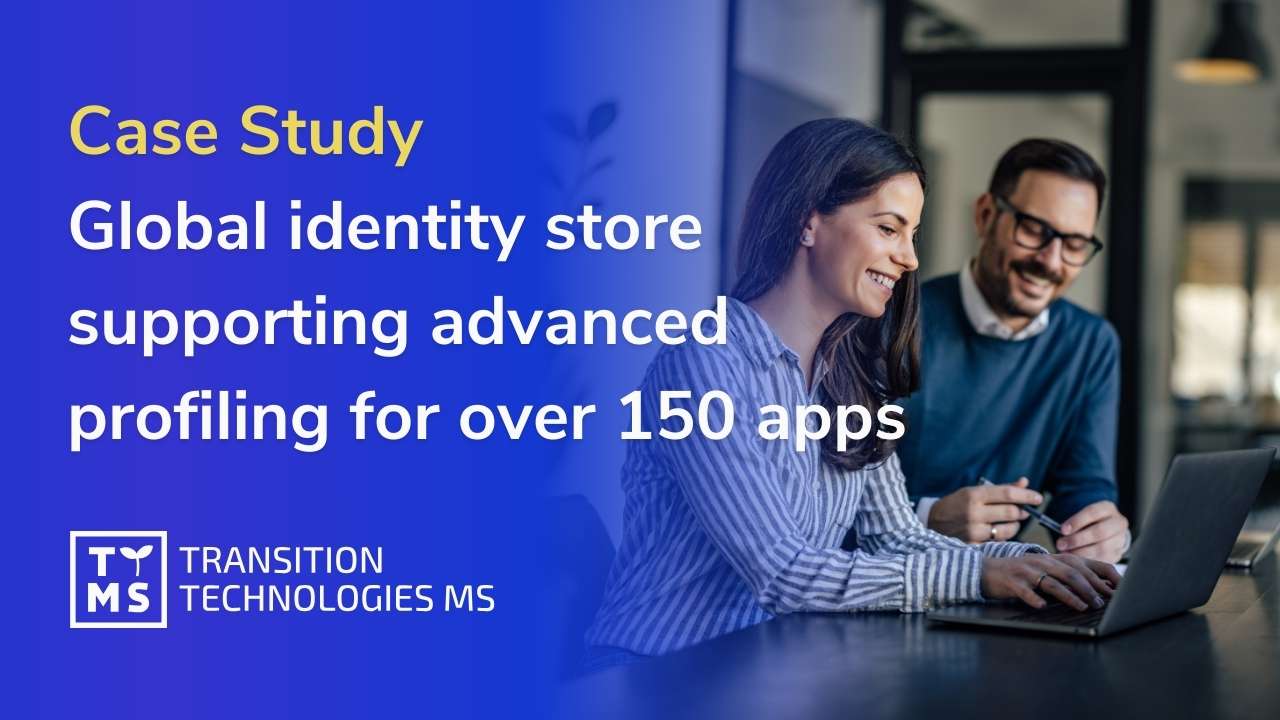
CASE STUDY: Salesforce Ecosystem Development at CIUS UK, an Installation and Construction Company
Background
Our client is a British company Connect It Utility Services UK (hereinafter: CIUS) operating in the construction and installation industry. Its main area of activity is:
- Comprehensive electrification (connection of electricity, installation of cables and devices) in newly constructed residential and commercial investments.
- Installation and maintenance of water and gas systems.
- Construction of entire housing estates on behalf of developers.
- Installation of charging stations for electric cars.
Challenge
The company needed constant support from Salesforce programmers, including in the area of improving work time settlement, project cost management and broadly understood HR administration. Up to now, they had been using Salesforce on an ongoing basis and, along with the growing, specific needs of the company, there was a need to expand the internal team and competences. The company faced the following key challenges that hindered operational efficiency:
The company needed constant support from Salesforce programmers, including in the area of improving work time settlement, project cost management and broadly understood HR administration. Up to now, they had been using Salesforce on an ongoing basis and, along with the growing, specific needs of the company, there was a need to expand the internal team and competences.
- Fragmented information flow
(Field workers used separate applications to report work progress. HR and Administration departments stored employee data in Excel spreadsheets or in insufficiently flexible plugins connected to other systems. External orders and project documentation – e.g., CAD technical drawings, “before and after” photos – were scattered across various folders and emails.) - Lack of a unified system for cost estimation and pricing
(Project cost estimates – materials, labour time, hourly rates – were calculated using different tools, often resulting in errors in final pricing. Managers had limited insight into actual versus planned costs, i.e., forecasting.) - Limited functionality of the HR module
(The previously used paid plugin for HR and holiday management did not allow full customisation for the client’s specific processes. Employees wanted a clear view of their own data, such as holiday balances, certificates, and qualifications. The HR team needed automatic alerts for expiring certificates or health and safety checks.) - Lack of full field control (Field Service)
(Installers and service technicians working on utility connections needed a reliable, mobile solution integrated with Salesforce to monitor the exact scope of work and maintain photographic documentation. Management wanted to see, in real time, the current status of the work and which parts of the project were already completed.)
Solution and scope of activities
TTMS selected candidates with the required skills and certificates to join the client’s team in a team leasing model. They participated in daily meetings and project planning and worked on modifying and expanding the system’s functionality.
Field Service
- Support in implementing and expanding the Field Service Lightning module, allowing field technicians to receive a task list, report progress, and attach photos.
- Integration with GPS/fleet tracking (Lightfoot), allowing for vehicle location.
Salesforce Mobile App Plus
- Mobile App Plus – a licence that extends the standard Salesforce mobile application with a module that allows for the placement of components that can work offline
- Creation from scratch of components that enable field work.
- Calendar view with a list of tasks assigned to the user
- Preview of task details and documents related to them.
- Implementation of a component that allows for the preview of PDF files and photos.
- Preview of current bulletins (e.g. health and safety updates) that employees must read. Employees can also sign documents, if necessary, to confirm that they have read them.
- Possibility to fill out various types of forms, e.g. related to the work performed, or allowing for the reporting of an incident or accident.
- Preview of certificates and authorizations assigned to the user.
- Configuration of an offline briefcase, which is used to synchronize records that are to be available offline.
Dedicated HR Module
- Creating a configurable HR solution from scratch in Salesforce, replacing a paid plugin.
- Implementing leave logic, recording work hours, and recording personal data and salaries.
- Adding a function for tracking and reminding about certificates and training (e.g. health and safety, welders’ qualifications).
- Handling recruitment within the system – from “candidate” status to full employment, where data is smoothly converted to an employee record.
Dedicated sales and design processes
- Creation of tools for project valuation from scratch.
- Support for the bidding department: extended cost estimates for new projects (materials, margins).
- Automatic calculation and comparison of planned costs with actual expenses (forecasting module).
- Integration with an external tool for editing PDF files and viewing DWG files (PDFTron), thanks to which managers and technicians can make notes on drawings directly from Salesforce.
Optimization of support processes (Service/Support)
- Implementation of Email-to-Case rule: emails to IT or service department automatically generate tickets in Salesforce, which allows the team to track SLA compliance and status of individual incidents.,which allows the team to track status of individual incidents.
- Linking tasks to specific users (HR, service technicians, managers) to make the flow of information faster and more transparent.
The project was long-term in nature (lasting over a year), and support is still continued in the form of ongoing modifications and maintenance of the system.

Main benefits and results
Thanks to the direct involvement and knowledge of TTMS programmers, the client gained a scalable, fully industry-specific tool based on Salesforce. Our specialists, working in a team leasing model, developed and implemented new HR modules, improved project settlement and integrated the system with Field Service, providing ongoing insight into field work. All of these activities resulted in eliminating data dispersion, improving task management and full cost control, and close cooperation with TTMS allowed for quick adaptation of the system to the changing needs of the organization.
Centralization of data and processes
- All project information (cost estimates, technical documentation, fleet integration) and employee data (vacation, certificates, recruitment) are in one system.
- Managers have gained much better control over budgets and work schedules.
Automation and time saving
- Email-to-Case and HR modules eliminated chaotic email communication, and automatic reminders and approvals shortened the time of handling requests and inquiries.
- Thanks to digital records of certificates, the HR department significantly sped up the process of monitoring employee authorisations.
Accurate and fast quotes
- Cost estimation solution allows for efficient creation and updating of offers for clients – includes hourly rates, material consumption and multi-stage projects.
- Clients can immediately see the differences between planned and actual costs, which makes it easier to draw conclusions and manage the budget in real-time mode.
Mobility and full visibility of the terrain
- Field Service Lightning has streamlined the work of assemblers, who can access assigned tasks and document progress on tablets (online and offline).
- Management can quickly verify which tasks have been completed and who exactly did them (including “before and after” photos).
Flexible modules instead of expensive plugins
- Replacing the paid HR plugin with our own custom solution built from scratch in Salesforce allowed us to avoid additional licensing fees and extend functionality according to the customer’s specific needs.
Summary
The implementation and development of Salesforce in CIUS UK is an example of how the construction and installation industry can benefit from digital transformation. Thanks to the integration of modules (Field Service, HR, costing) and combining data in one place:
- Improved transparency and accountability of projects (who did what, when and for how much).
- Improved human capital management (certificates, authorizations, and holidays).
- Reduced errors and accelerated communication between departments.
Currently, the client maintains a permanent team of TTMS developers (expert outsourcing model), who continuously develop the system, adding new functionalities and responding to challenges emerging in the company. The plans include further automation of logistics processes (e.g. management of materials on construction sites) and expansion of analytics to even better forecast costs and profitability of projects.
Ready to take your business to the next level?
Let’s talk about how TTMS can help.

Monika Radomska
Sales Manager
